Boston Music Intelligencer REVIEW: Going Deeper Underground with “Secret Byrd”
Announcements
11.01.2024
Celebrate the season of love with Revels FRINGE at Club Passim, featuring Sophie Michaux and Adam Simon!
Buy TicketsAnnouncements
11.01.2024
David Patterson. Updated November 1, 2024.
An “immersive stage mass” continues this year on an international tour with 22 new performances in 10 cities including Boston from October 31st through November 2nd. Early Halloween evening The Cathedral Church of St. Paul Boston opened its doors transformed into a clandestine venue for The Gesualdo Six and Abendmusik performing music of William Byrd in a setting created and directed by Bill Barclay, produced by Concert Theatre Works, and presented by Revels.
Prayer-borne mixed media hit home, casting hate and love, descent and ascent, voices and viols. We cry tears at such moments because it is all so meaningful.
Activism finds its way in this widely praised production, where being banned does not lead to campus rioting or traffic-blocking marches down Massachusetts Avenue. Instead, reacting to the upheavals of the Protestant Reformation, staunch Catholics like the composer met surreptitiously in homes where artifacts and priests were hidden. For “Secret Byrd,” churches and even a crypt have become homes and central to this celebration of the 400-year legacy of one of England’s preeminent composers, his Mass for Five Voices.
In the converted historic cathedral, gathered around a table, newly acclaimed British vocal consort directed by Owain Park, The Gesualdo Six induced altered states. Weaving in and out among the movements of the sung mass, a consort of viols, Abendmusik countered with dances and instrumentals, some secular relishes of the Renaissance. Bill Barclay’s era reenactment aimed at reality, having attendees as participants in 16th-century Catholic ritual. With the musicians costumed and participants provided soup and bread, tripping back was one thing, sensing timelessness another.
Research of Professor Eamonn Bell, Department of Computer Science, Durham University, sharpens perception of Byrd’s polyphony: “The listening experience of Byrd’s fantasias for instrumental consort is the experience of a select handful of deftly crafted tunes being cast, turn after turn, in a bewildering and fascinating series of combinations and variations.” Much of the same can be said of Byrd’s other compositions with strict imitation yielding to a freer technique Bell terms “deformation.”
Deformation in activist subculture may not be coincidental, and for creator and director Bill Barclay “ ‘Secret Byrd’ is my prayer for the world.” Eiseman-Park interview [HERE]. The rhythm of sounds, sacred and secular, bewildering and fascinating, poured openly and comprehensively from The Gesualdo Six-Abendmusik collaboration. In candlelight, sitting, standing, and moving bodies—participants—surrounded a table, the focal point, where supplicants joined vocalists. Immersion already had begun on the steps outside the cathedral, first with welcoming greeters, then with orientation from The Gesualdo Six; even with pre-alerts required nowadays of such productions, once stepping inside, astonishment never lessened.
Following the Mass for Five Voices were heart-wrenching and lighthearted moments. Byrd’s elegy, Ye Sacred Muses, a countertenor and viols “in mourning weeds with tears in eyes: Tallis is dead and music dies.” Byrd’s setting of Haec Dies, all voices and viols in strict imitation “This is the day which the Lord hath made; we will rejoice and be glad in it. Alleluia.”
In the BMInt interview The Gesualdo Six’s director said of Revels, “I know that their mantra ‘bringing traditions to life’ perfectly fits ‘Secret Byrd’.” When John Langstaff came to Shady Hill School in Cambridge, I was his accompanist. All these years later, I am reminded of the Revels founder’s considerable care in reawakening other places and times through music, dance, and storytelling.
Since no written program was available, the curious may want to know what pieces were also included in the production. Instrumentals: three Fantasias in a 3, Fantasy a 5: “Browning” In Nomine a 5 (VdGS no. 2), Fantasia a 6 Nos. 2 and 3, Pavan & Galliard a 6. Vocals: Memento, homo, Agnus Dei from Mass for 4 Voices. Tutti: Infelix ego.
David Patterson, Professor of Music and former Chair of the Performing Arts Department at UMass Boston, was recipient of a Fulbright Scholar Award and the Chancellor’s Distinction in Teaching Award. He studied with Nadia Boulanger and Olivier Messiaen in Paris and holds a PhD from Harvard University. He is the author of 20 Little Piano Pieces from Around the World (G. Schirmer). www.notescape.net
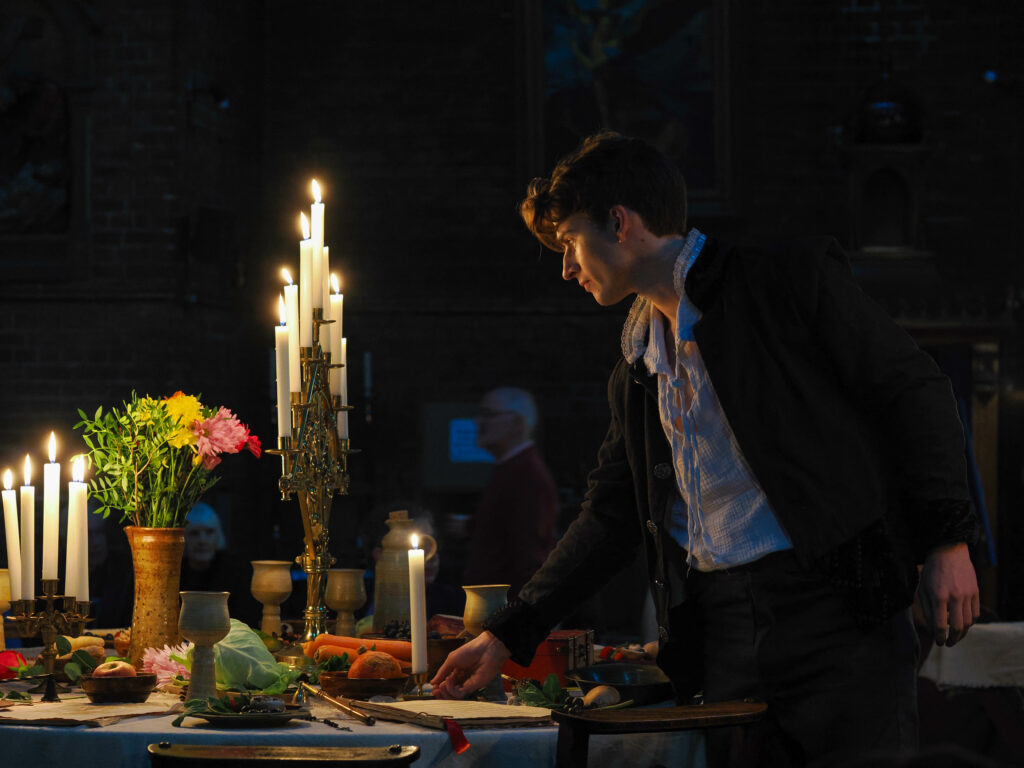

Read More
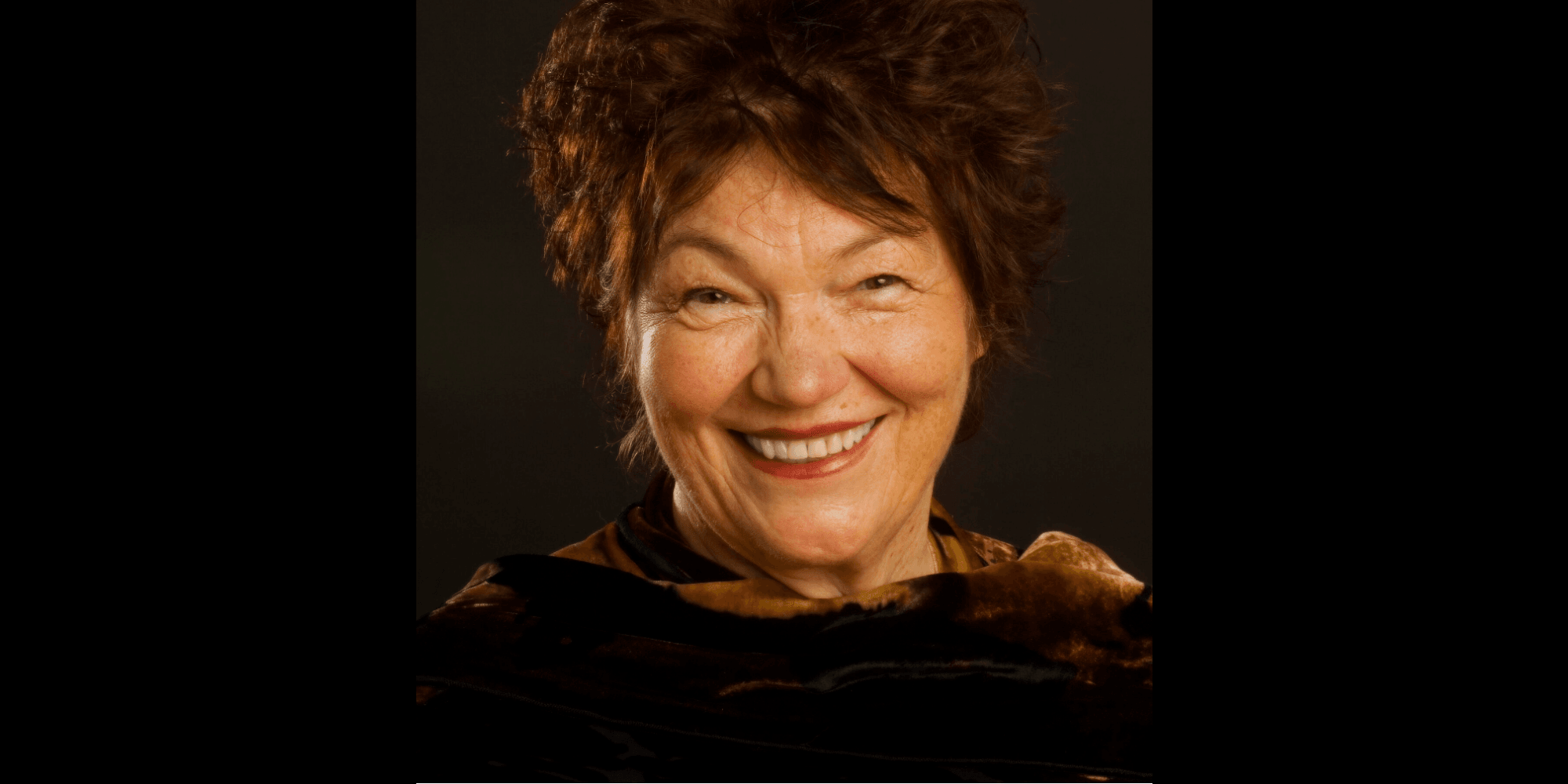
Read More
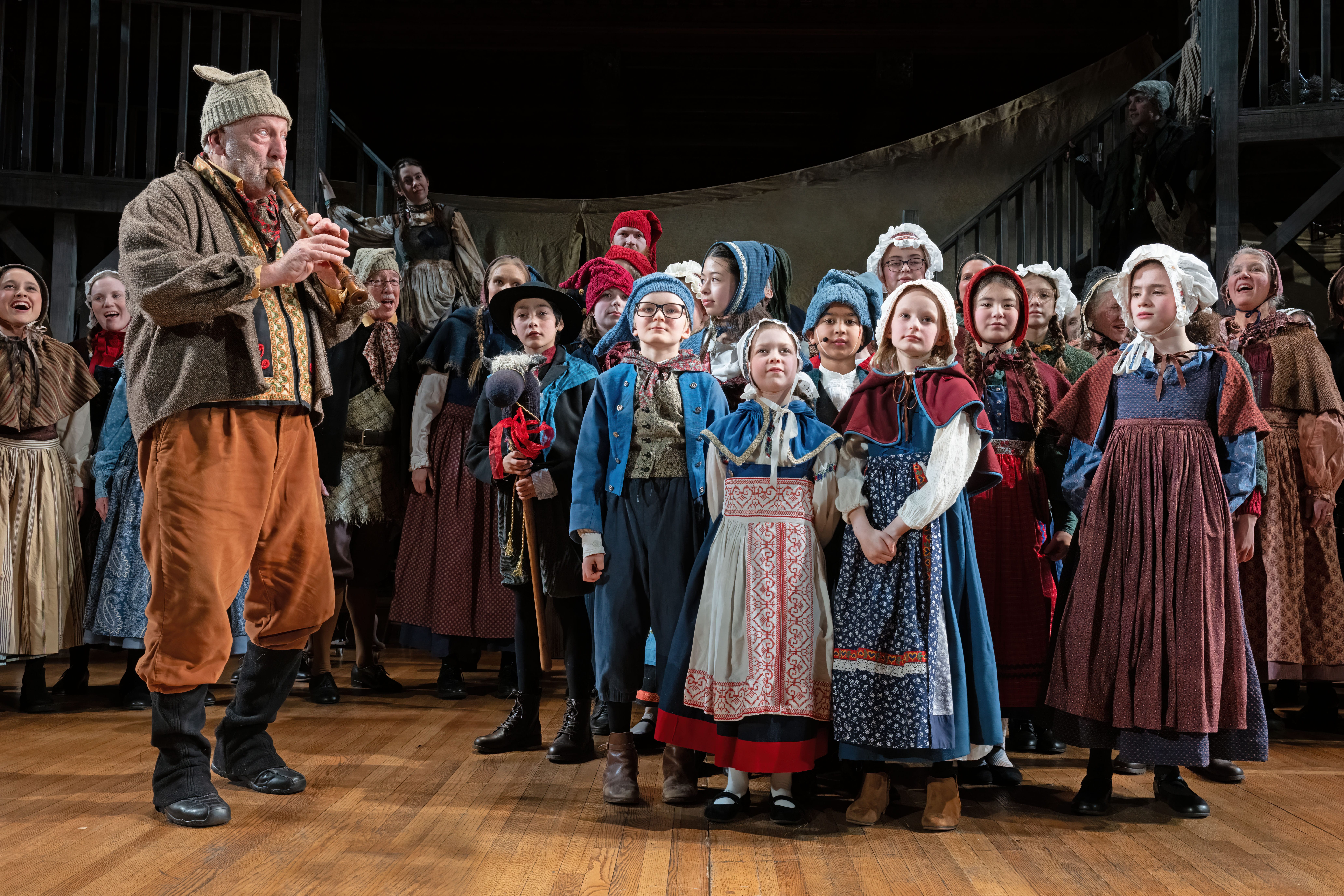
Read More
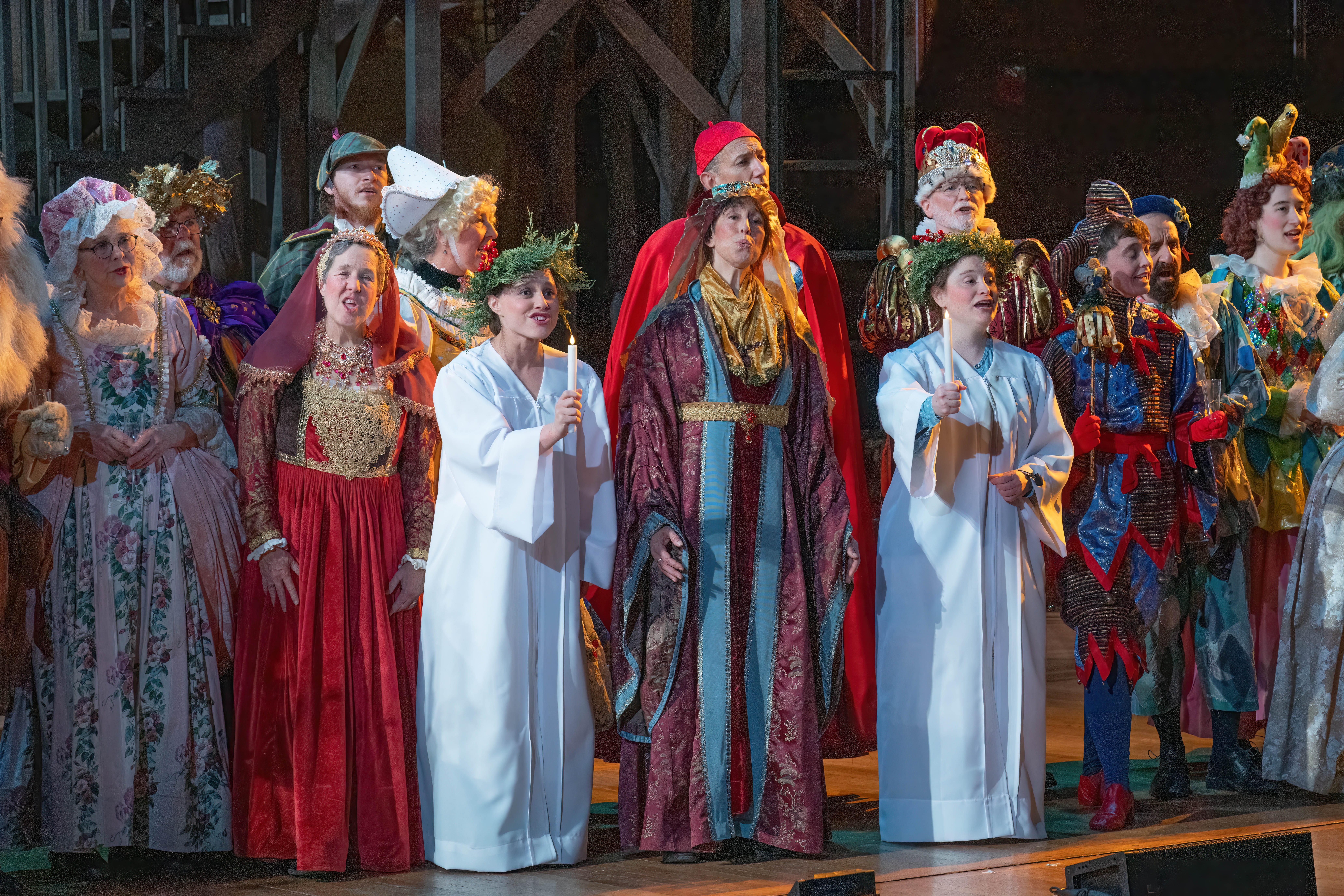
Read More
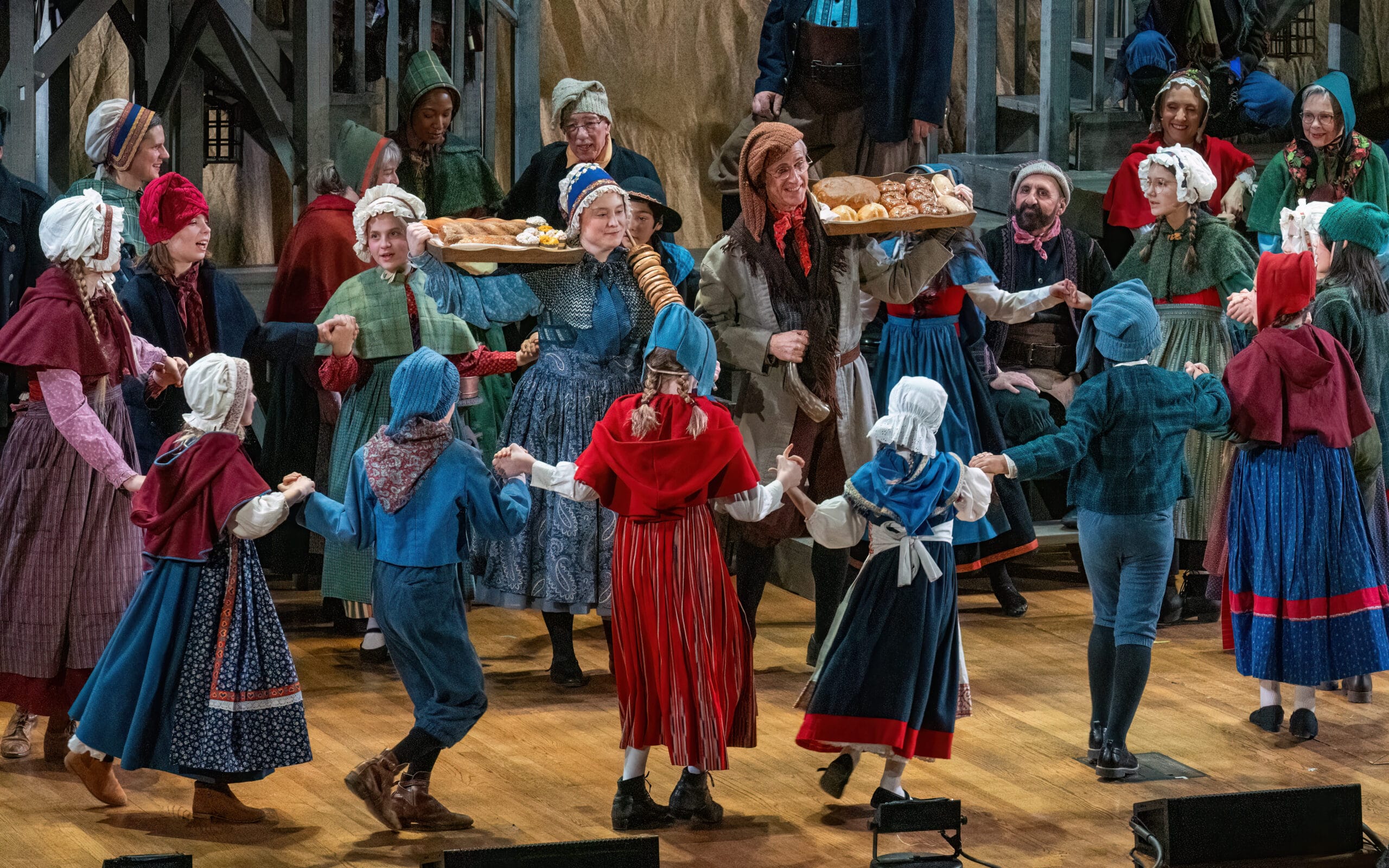
Read More
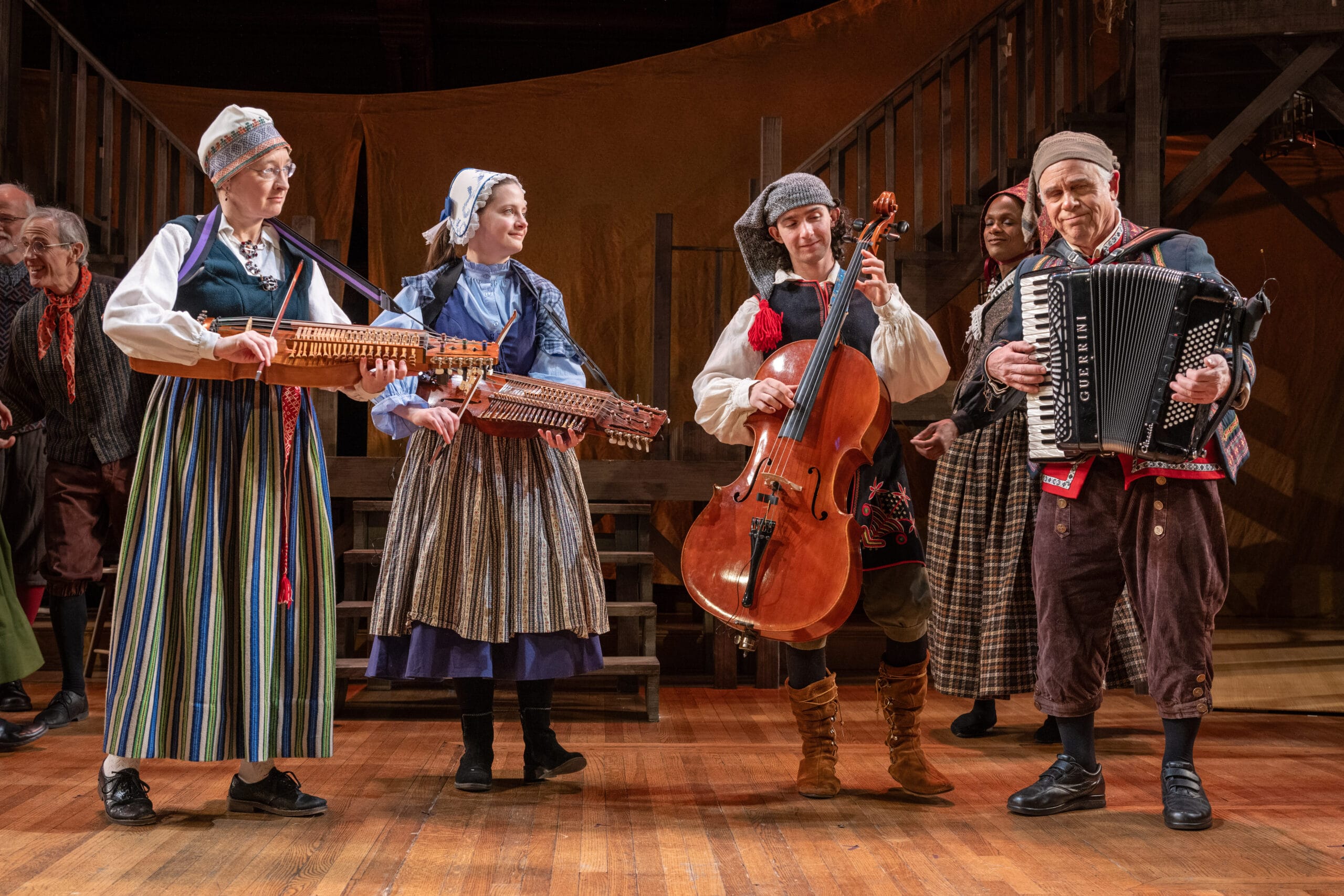
Read More
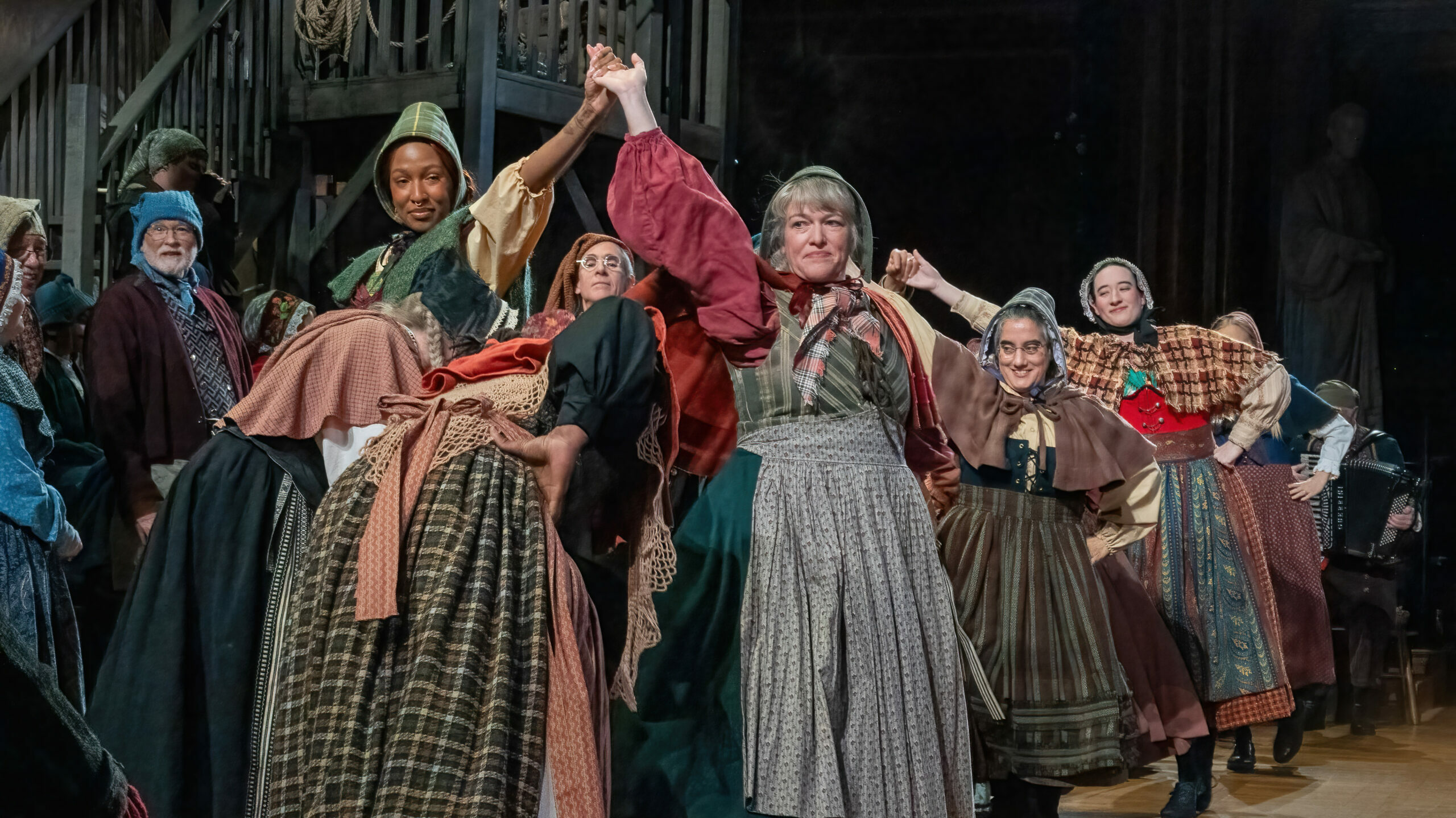
Read More
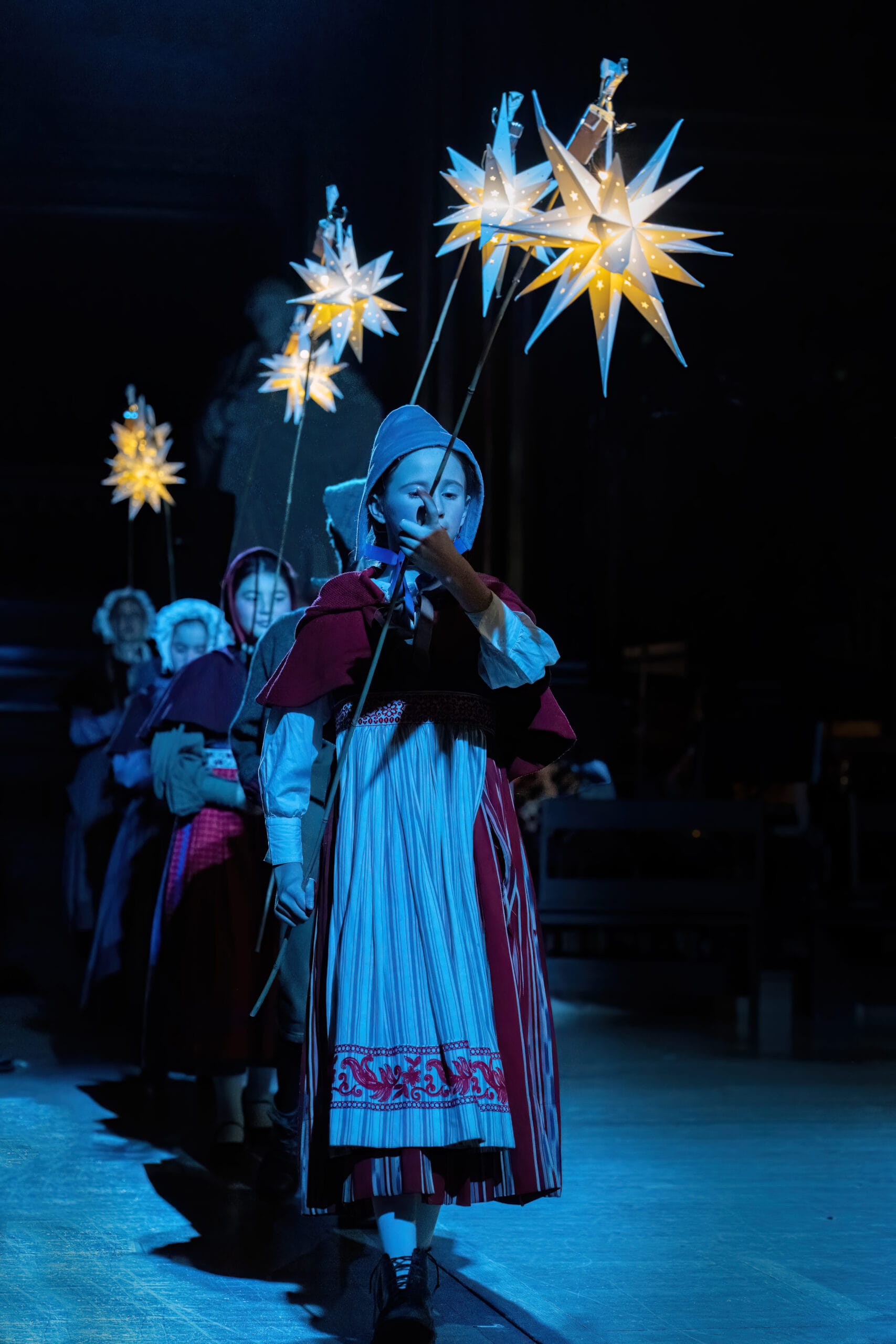
Read More
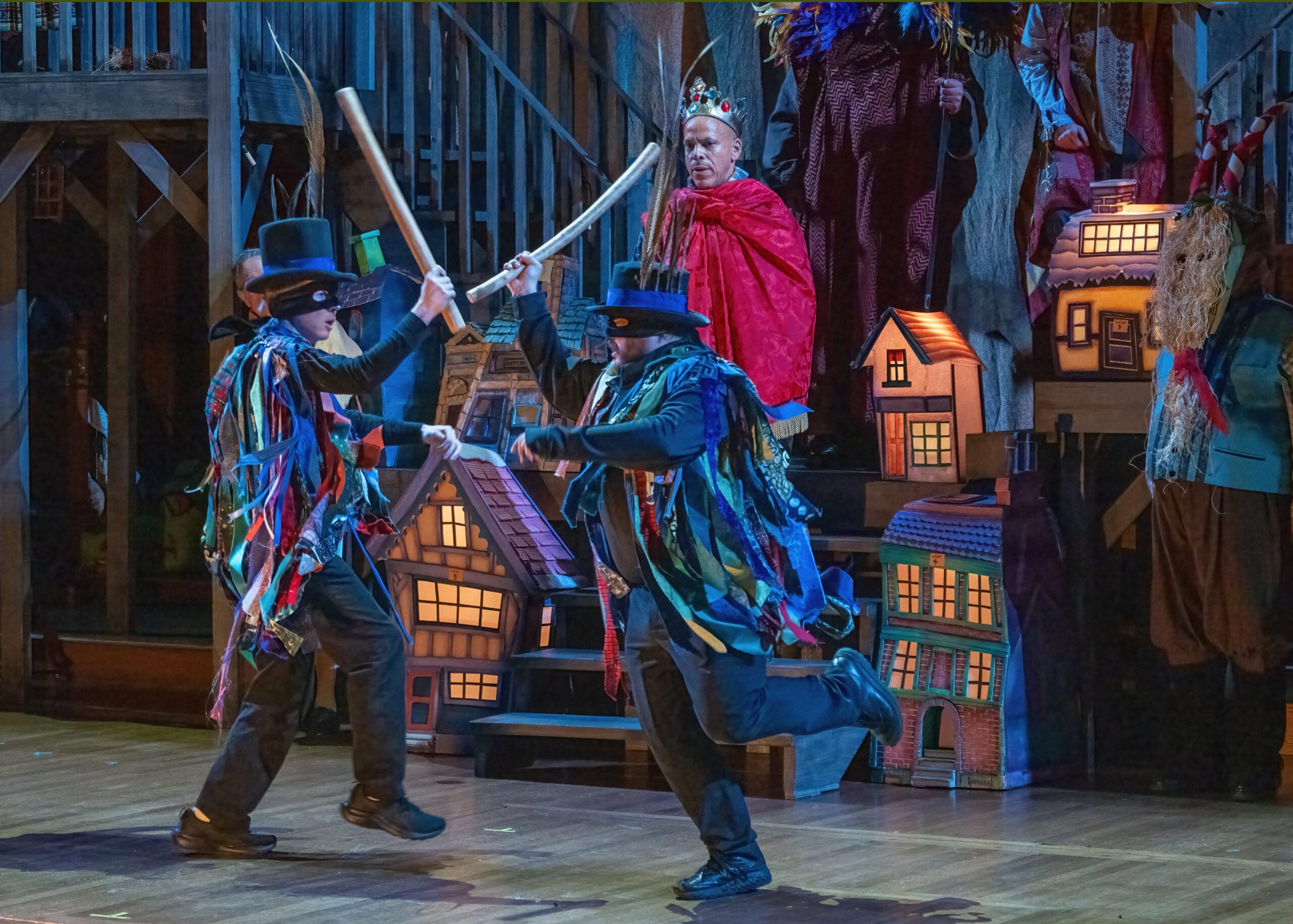
Read More
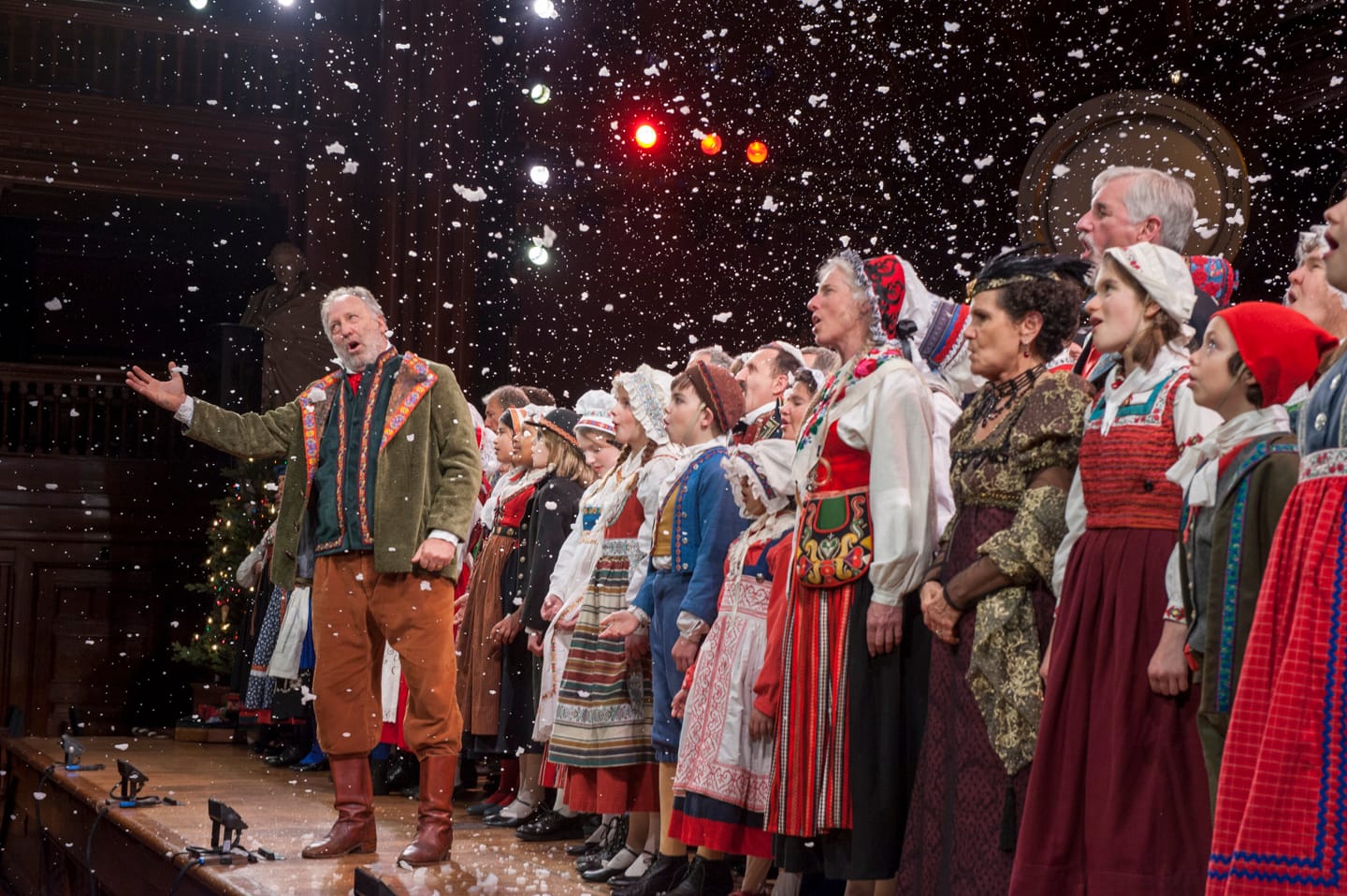
Read More
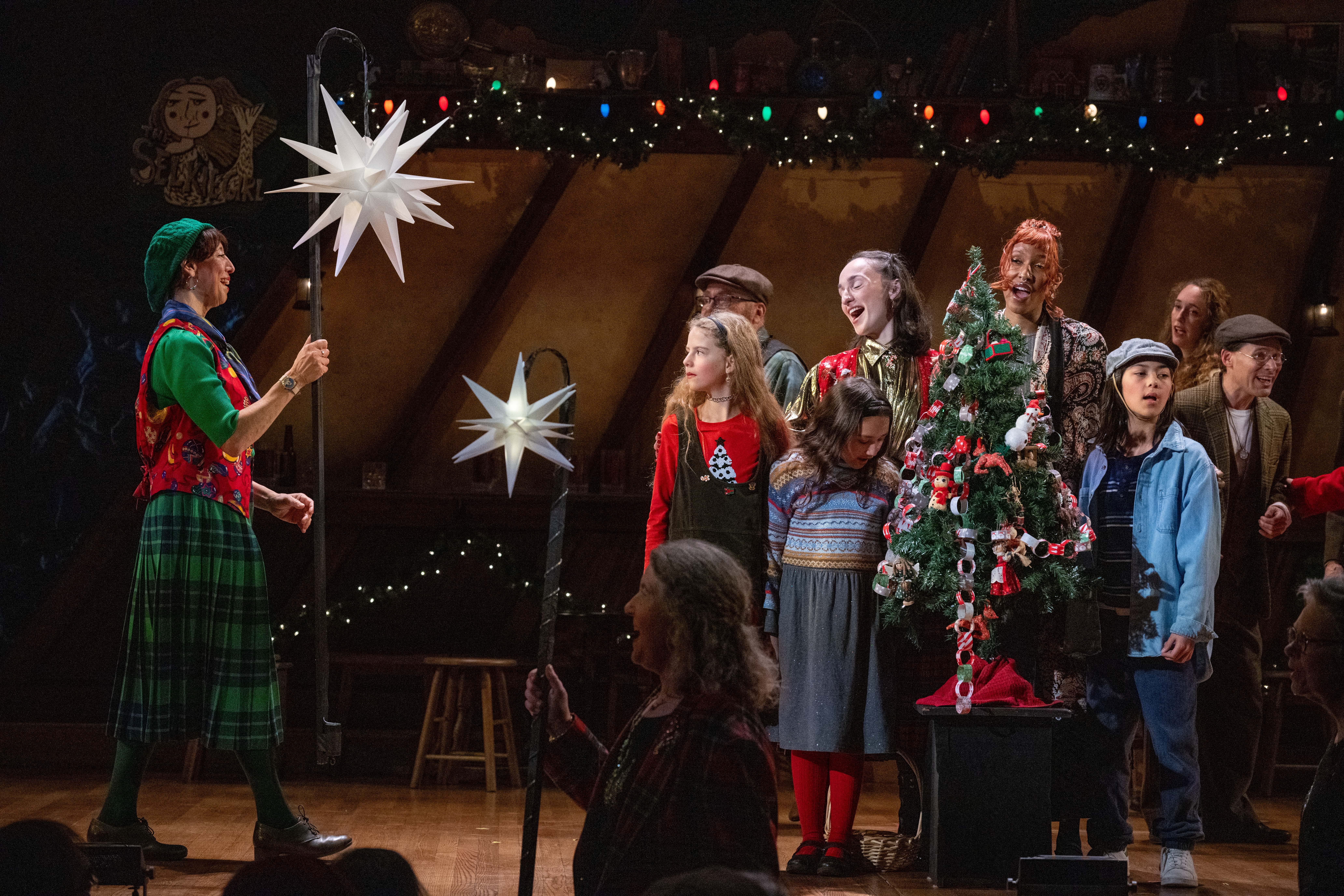
Read More
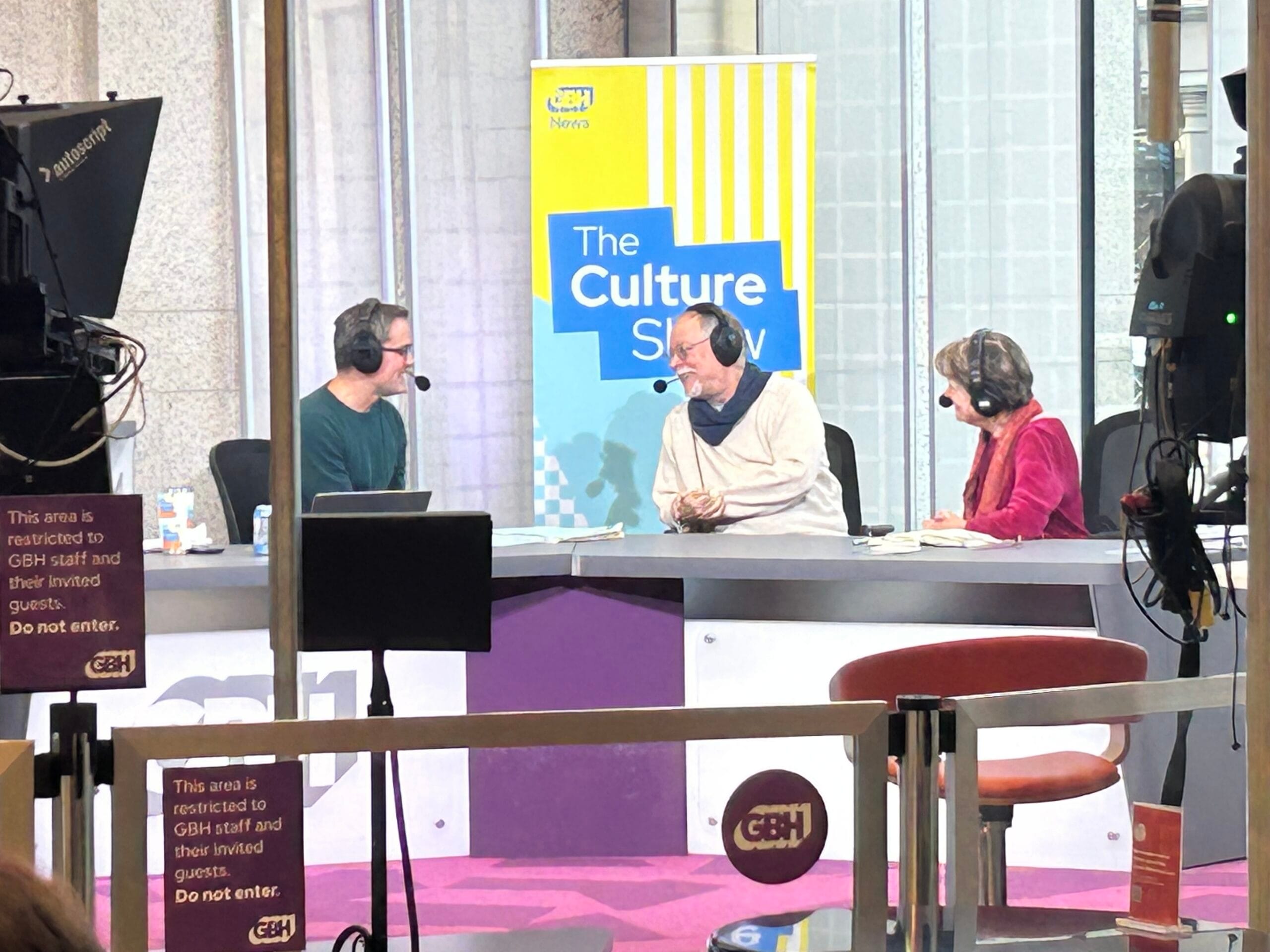
Read More
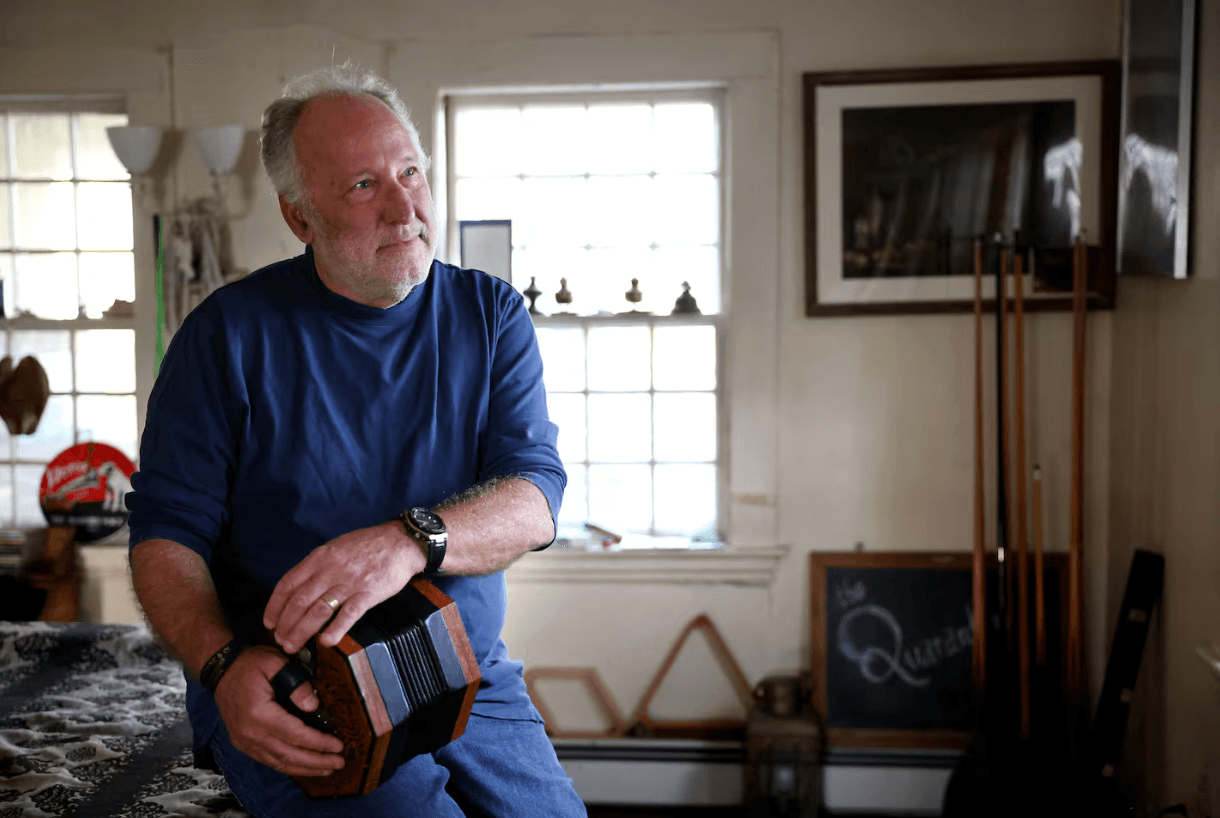
Read More
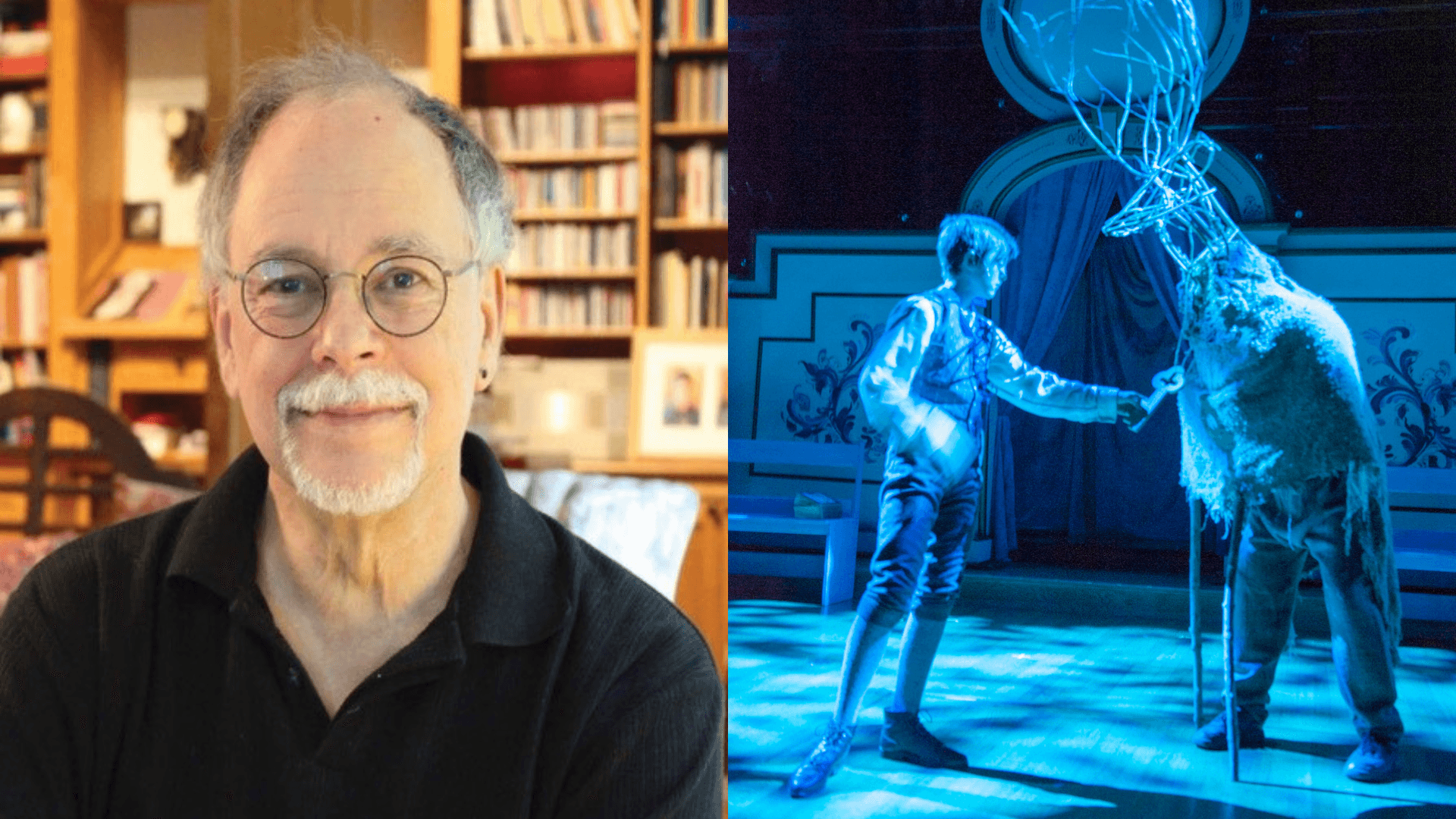
Read More
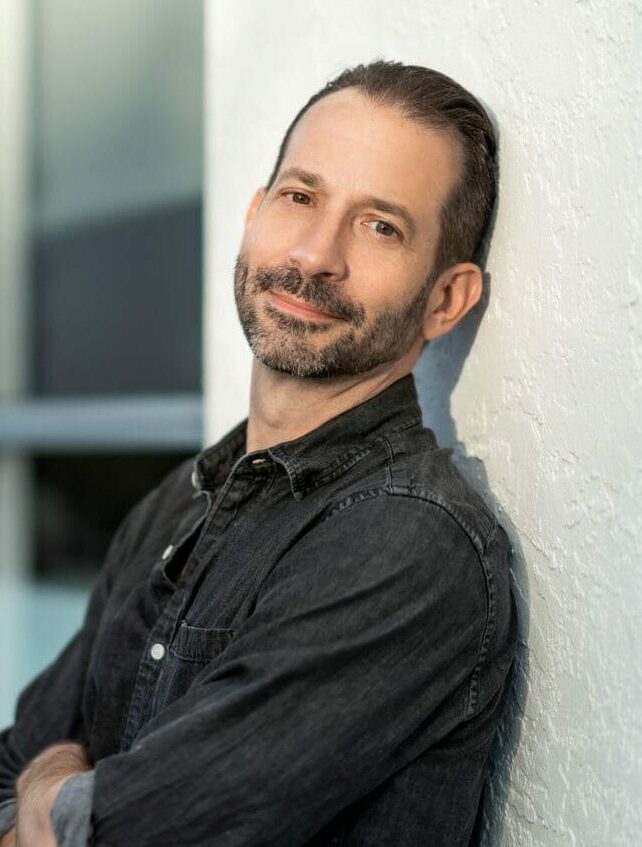
Read More

Read More
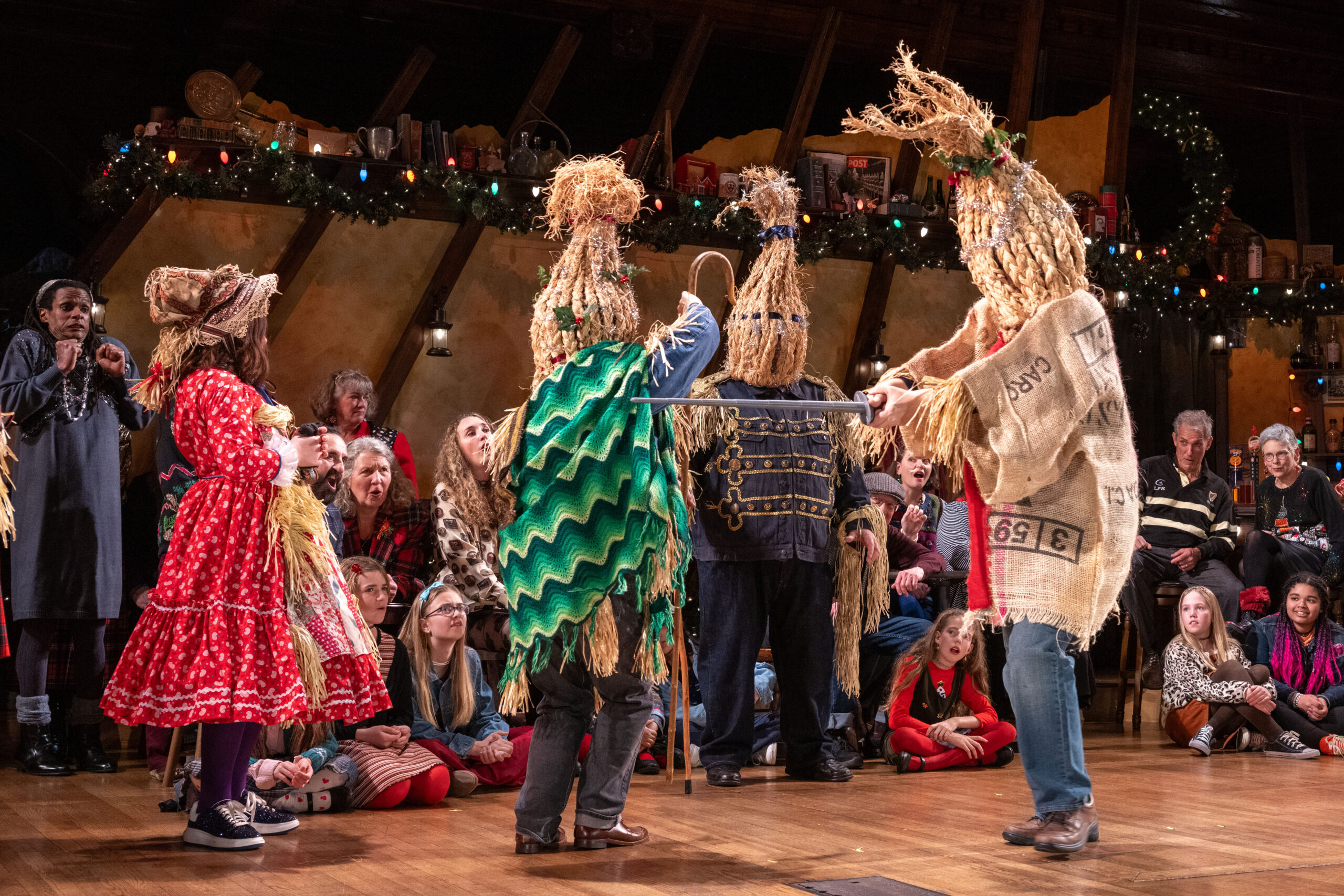
Read More
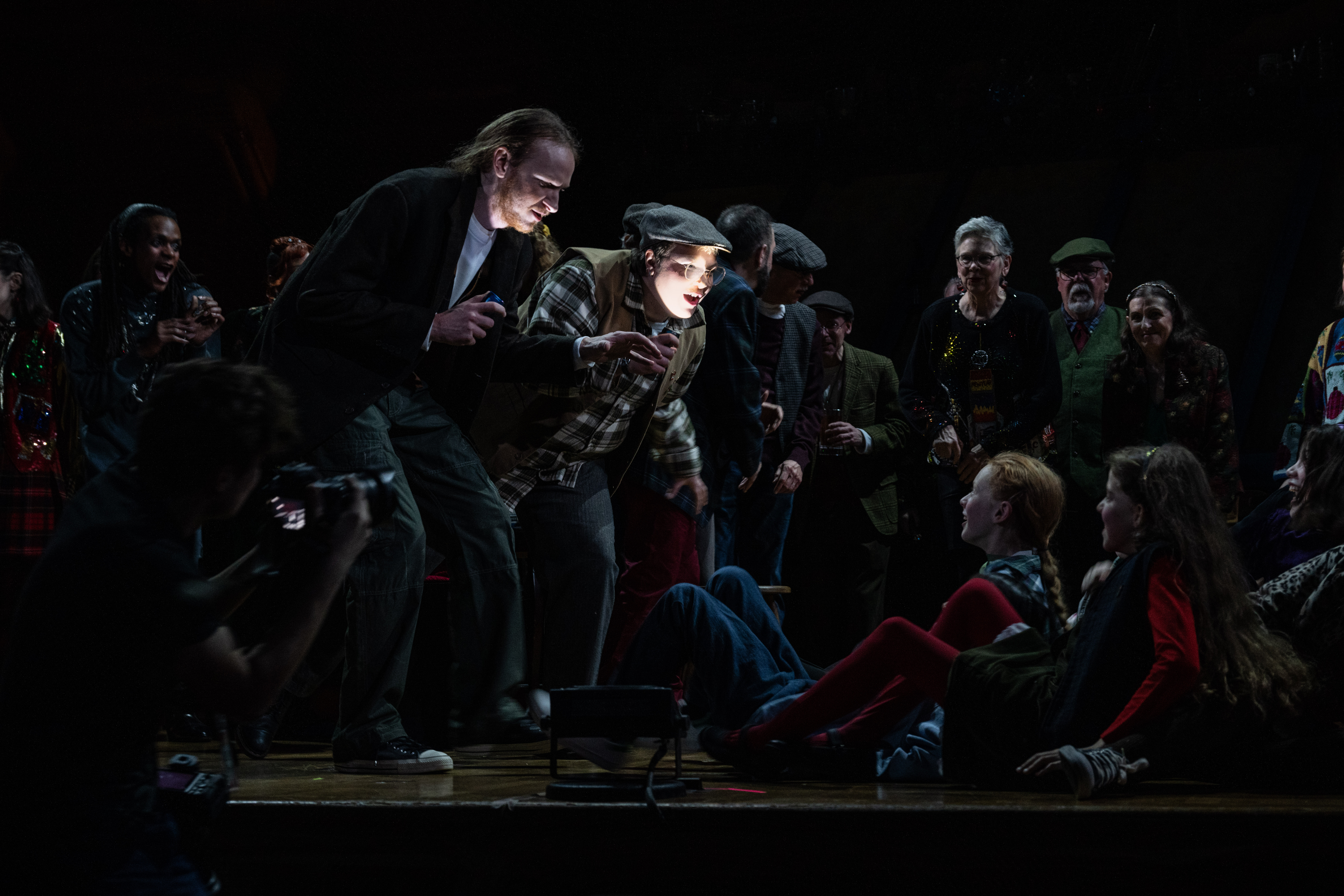
Read More
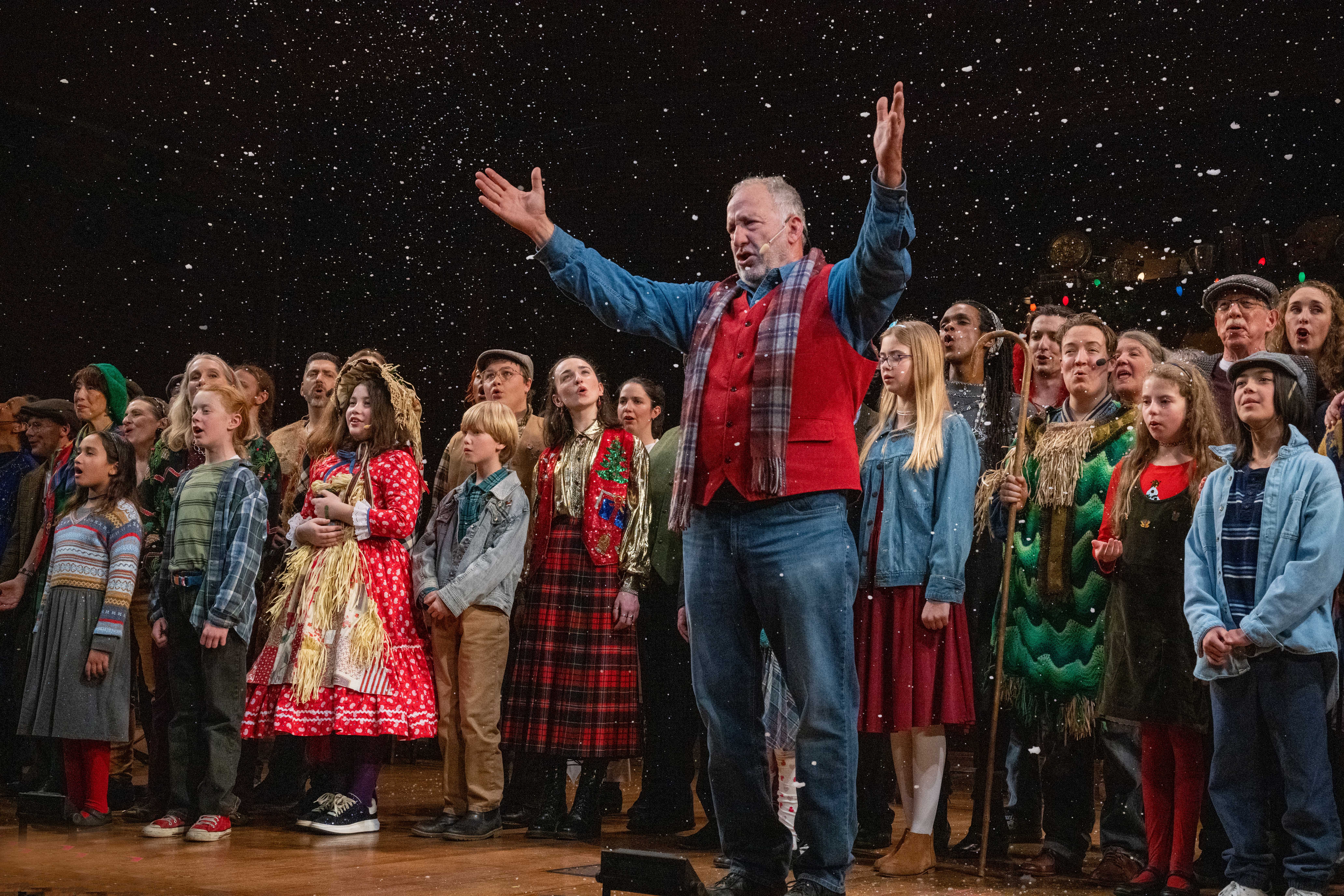
Read More
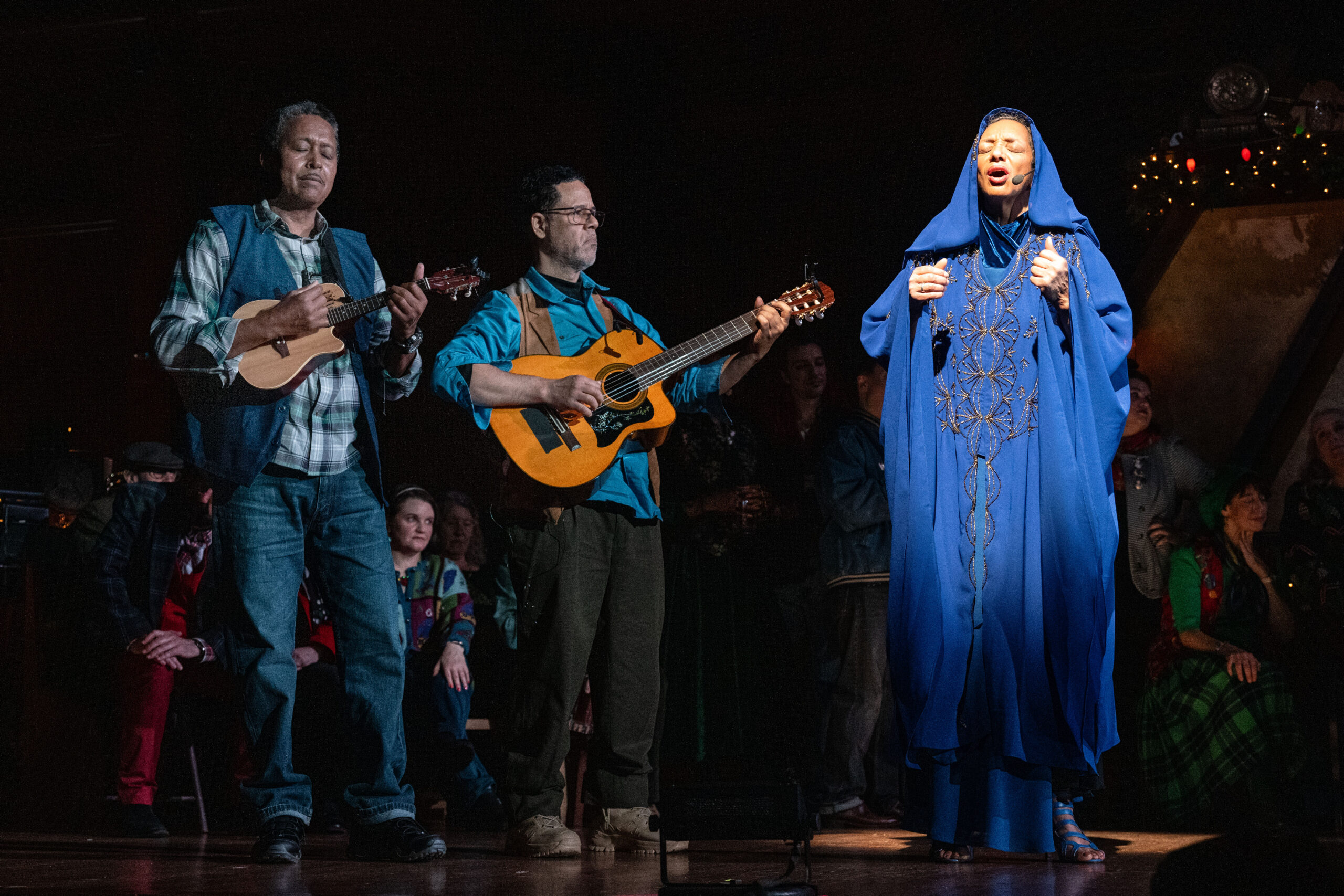
Read More

Read More
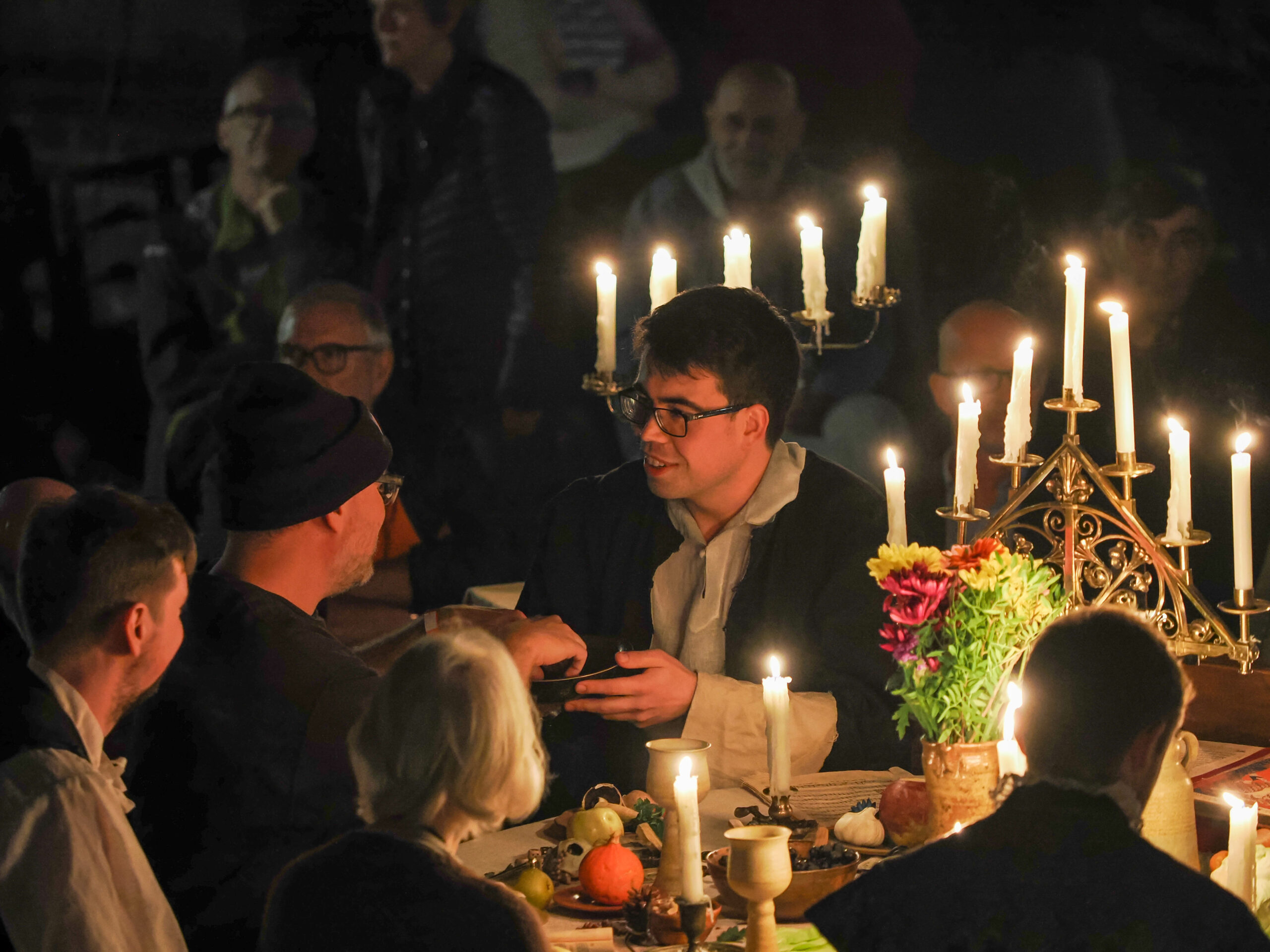
Read More
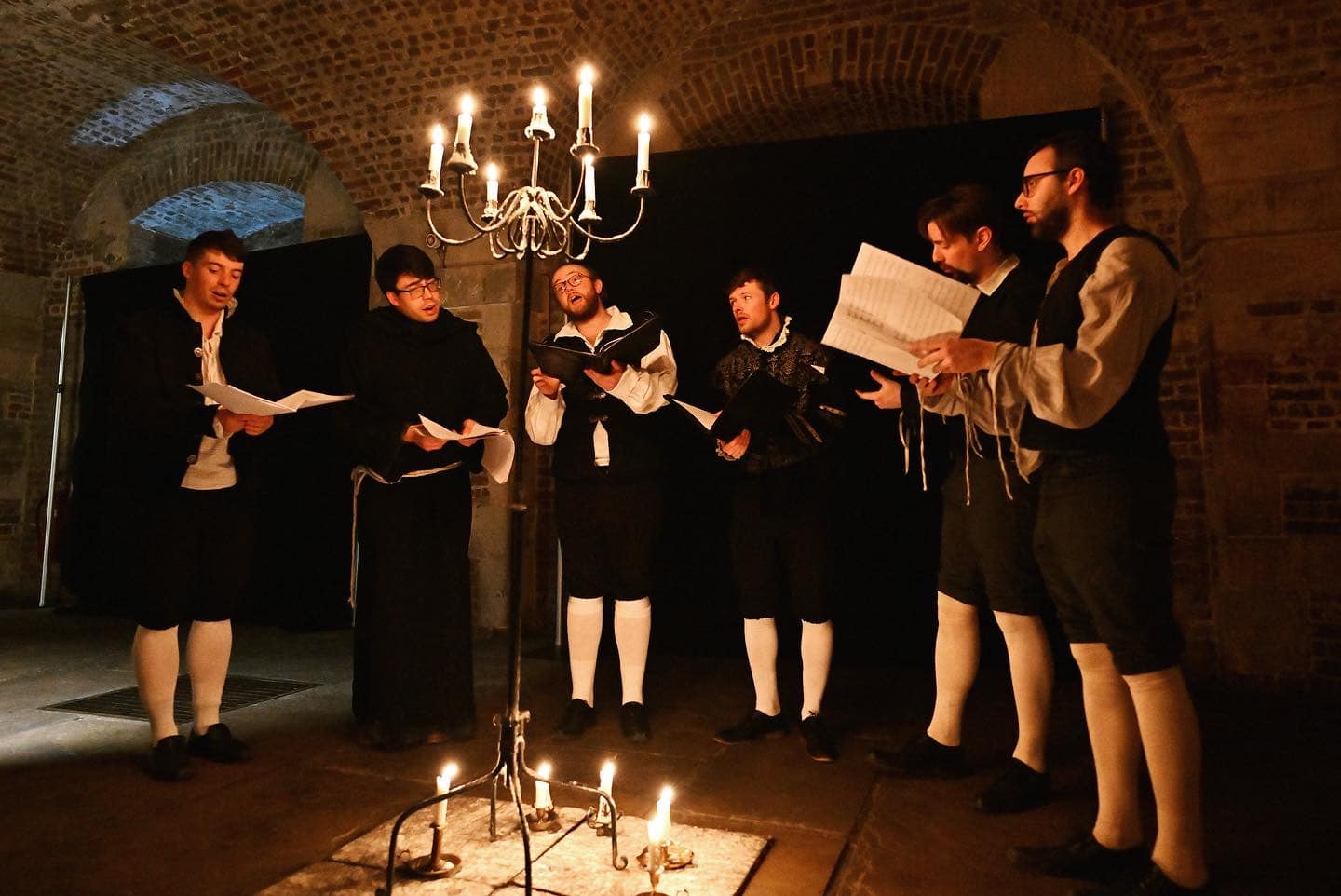
Read More
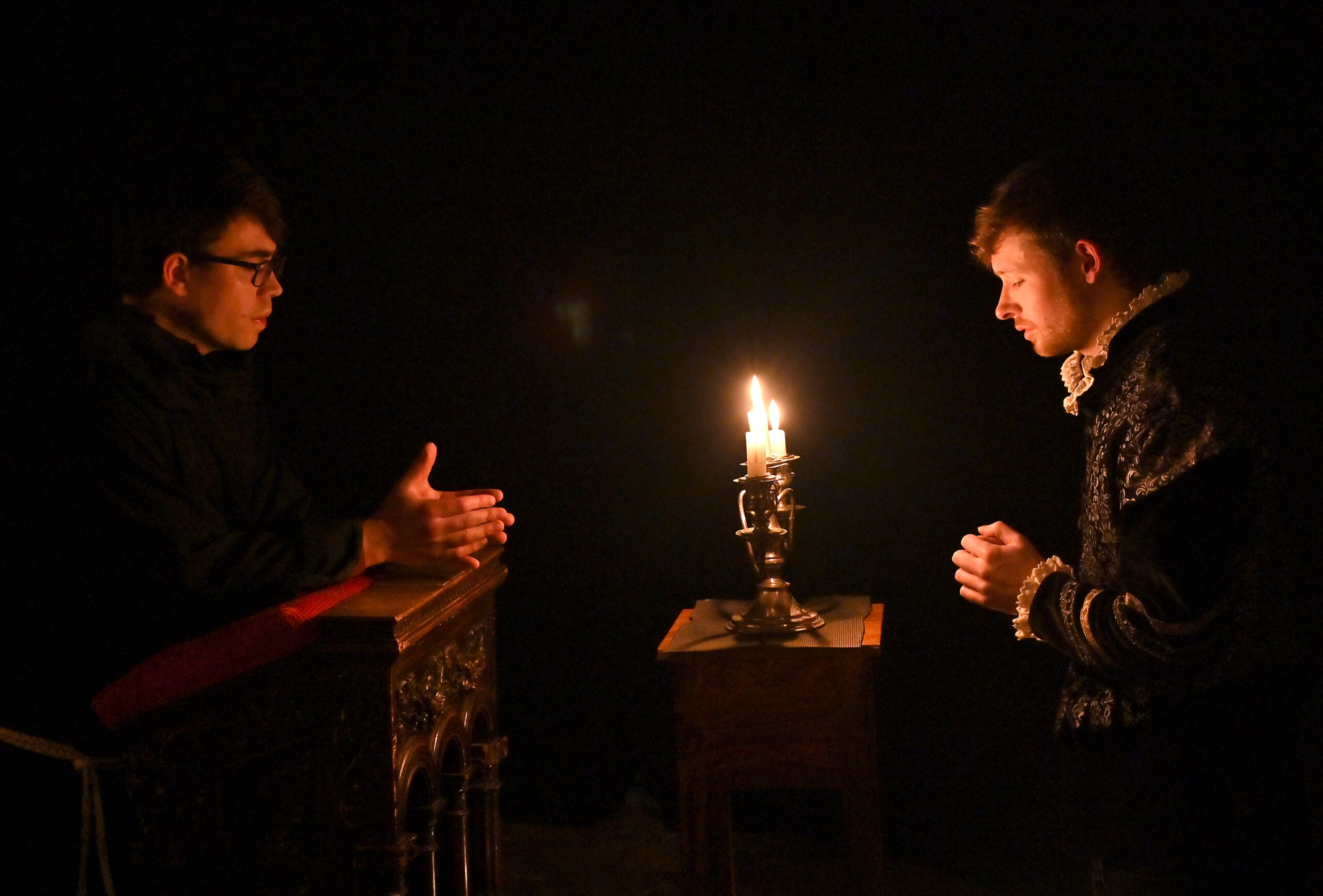
Read More
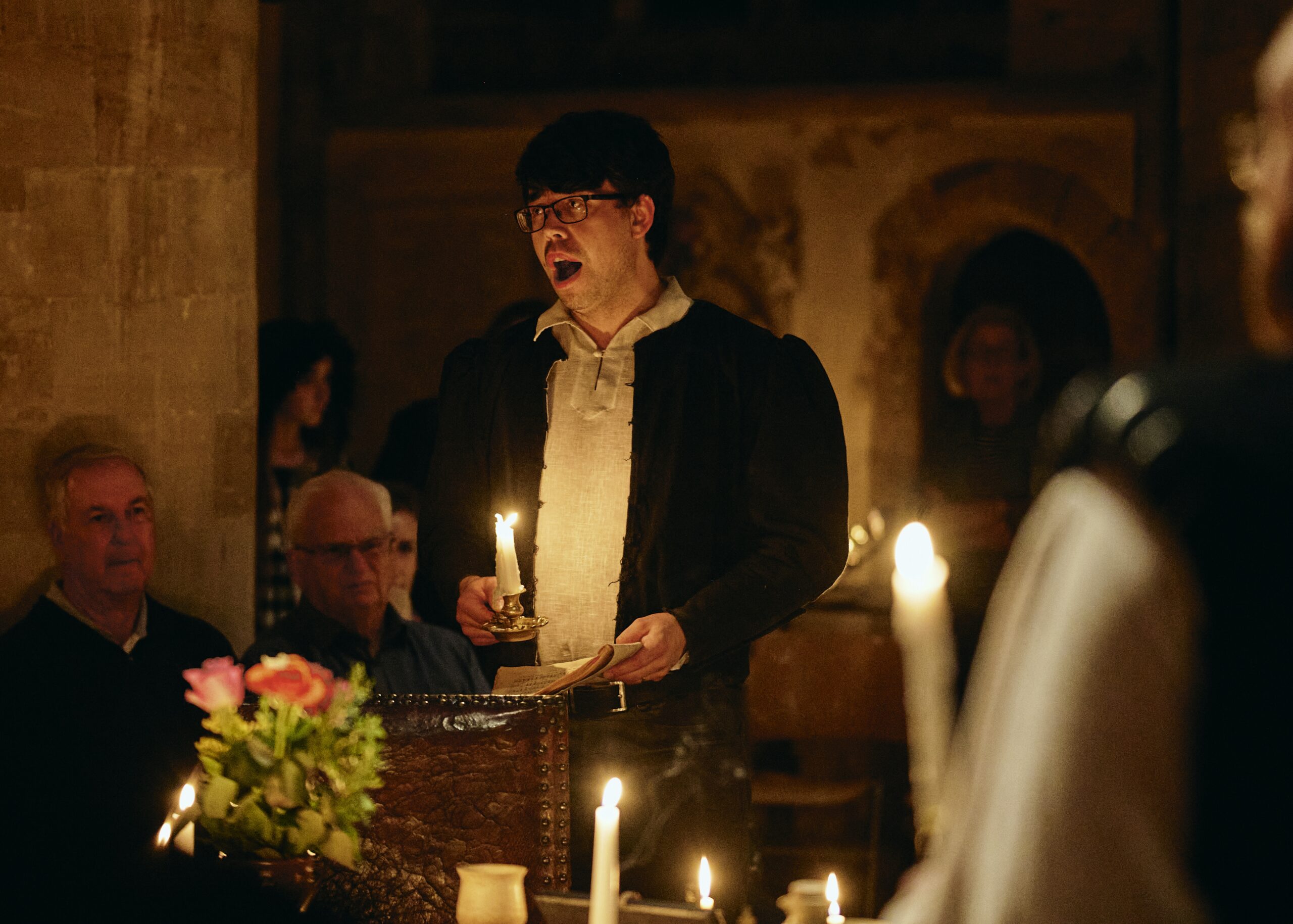
Read More
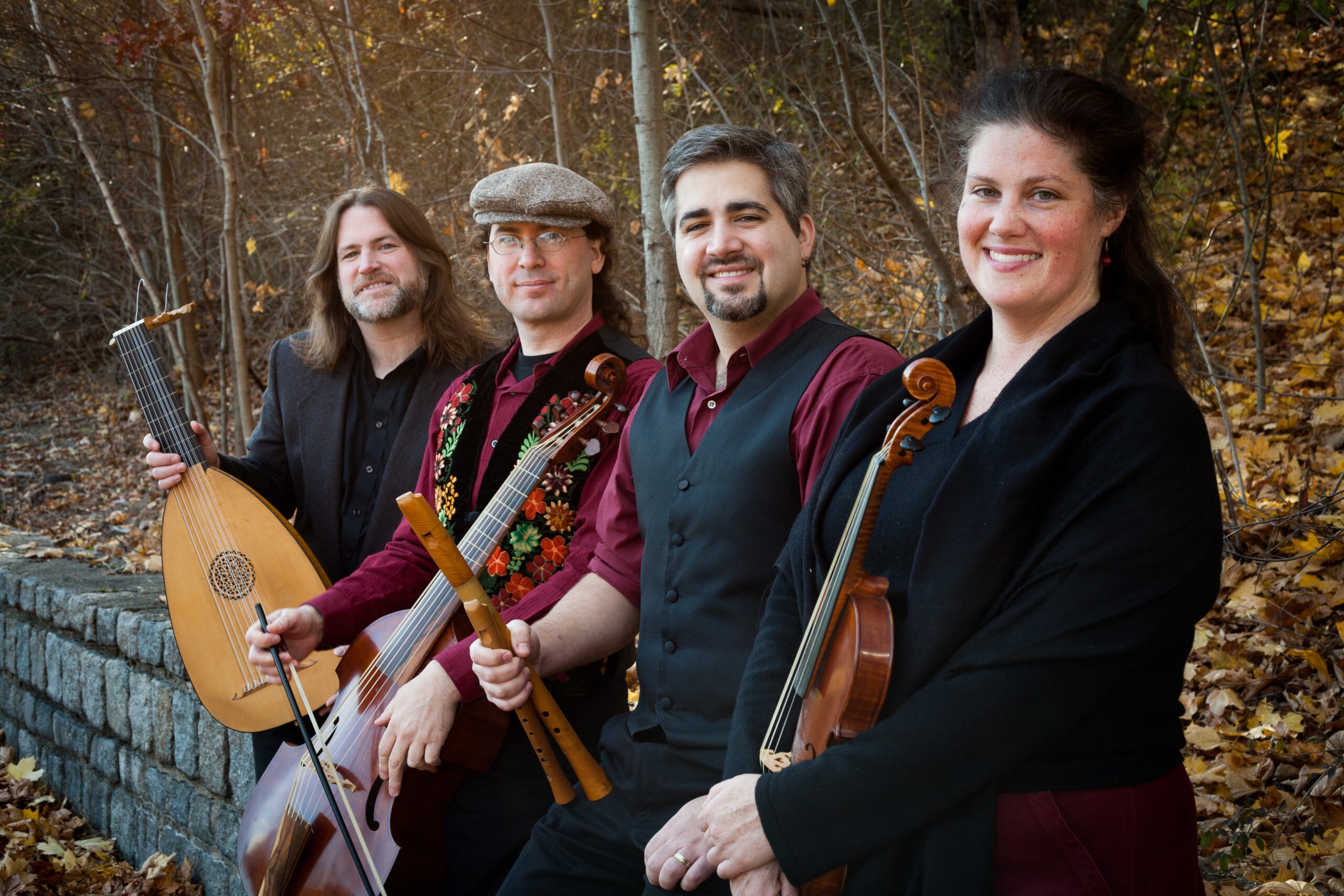
Read More
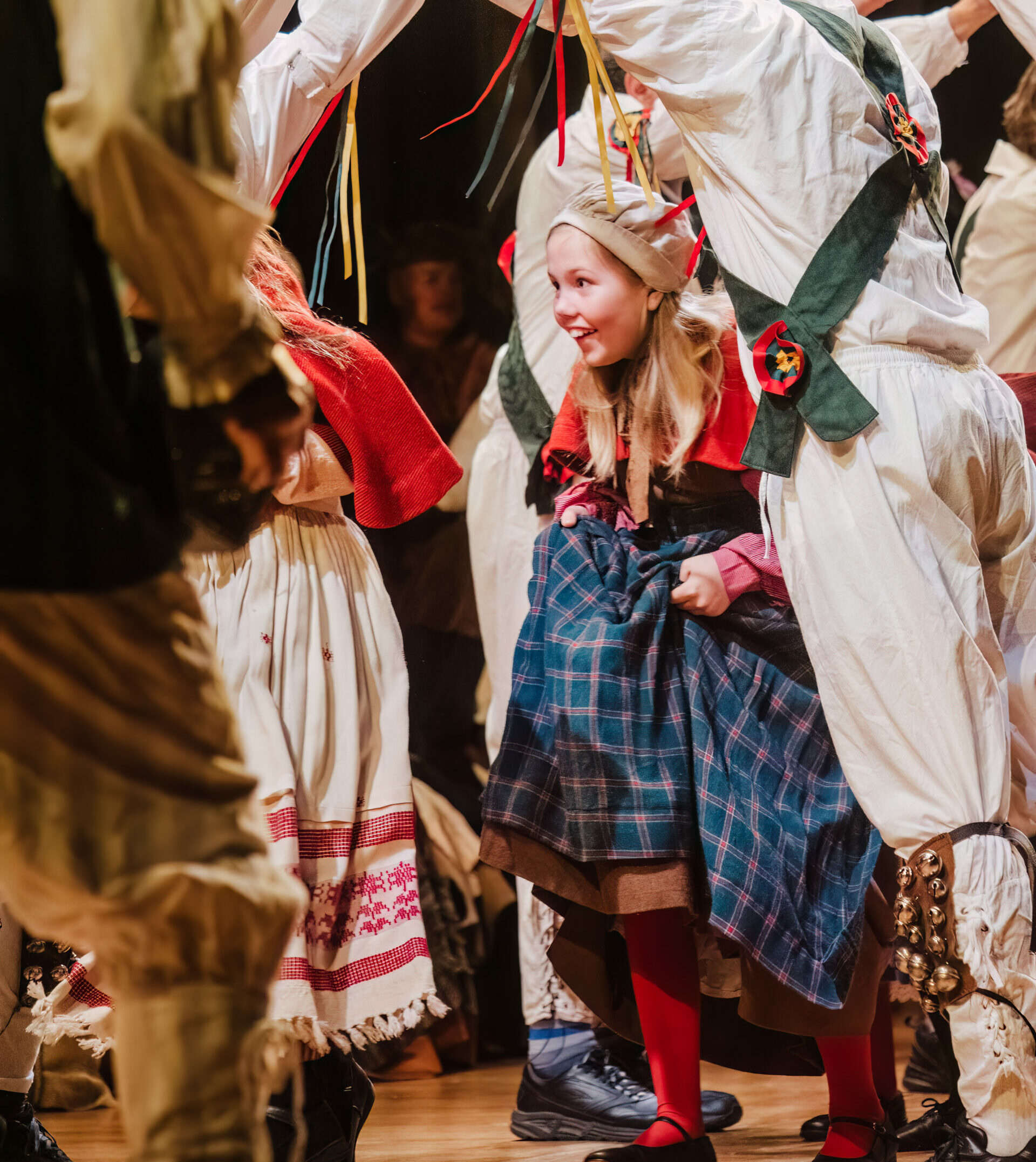
Read More
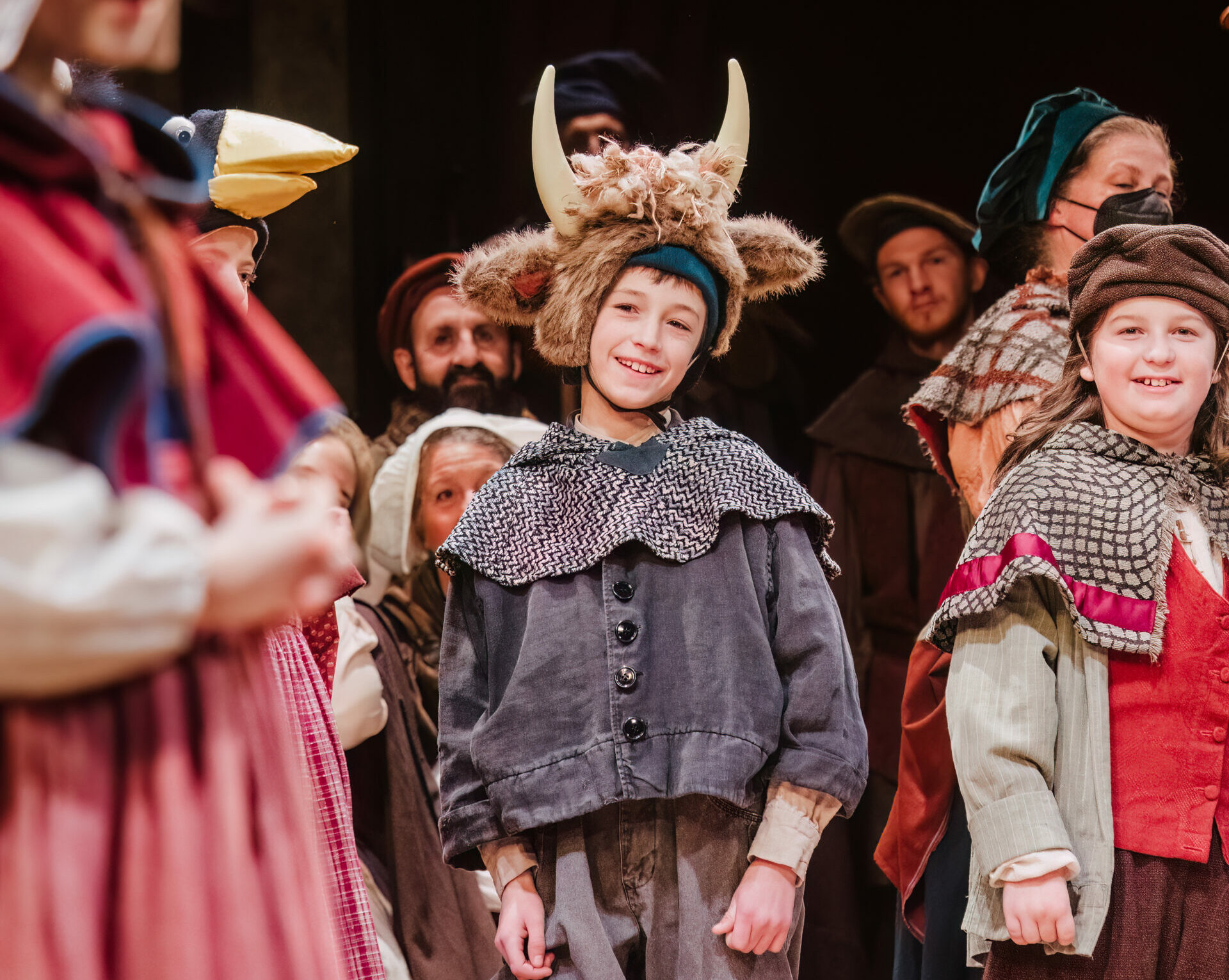
Read More
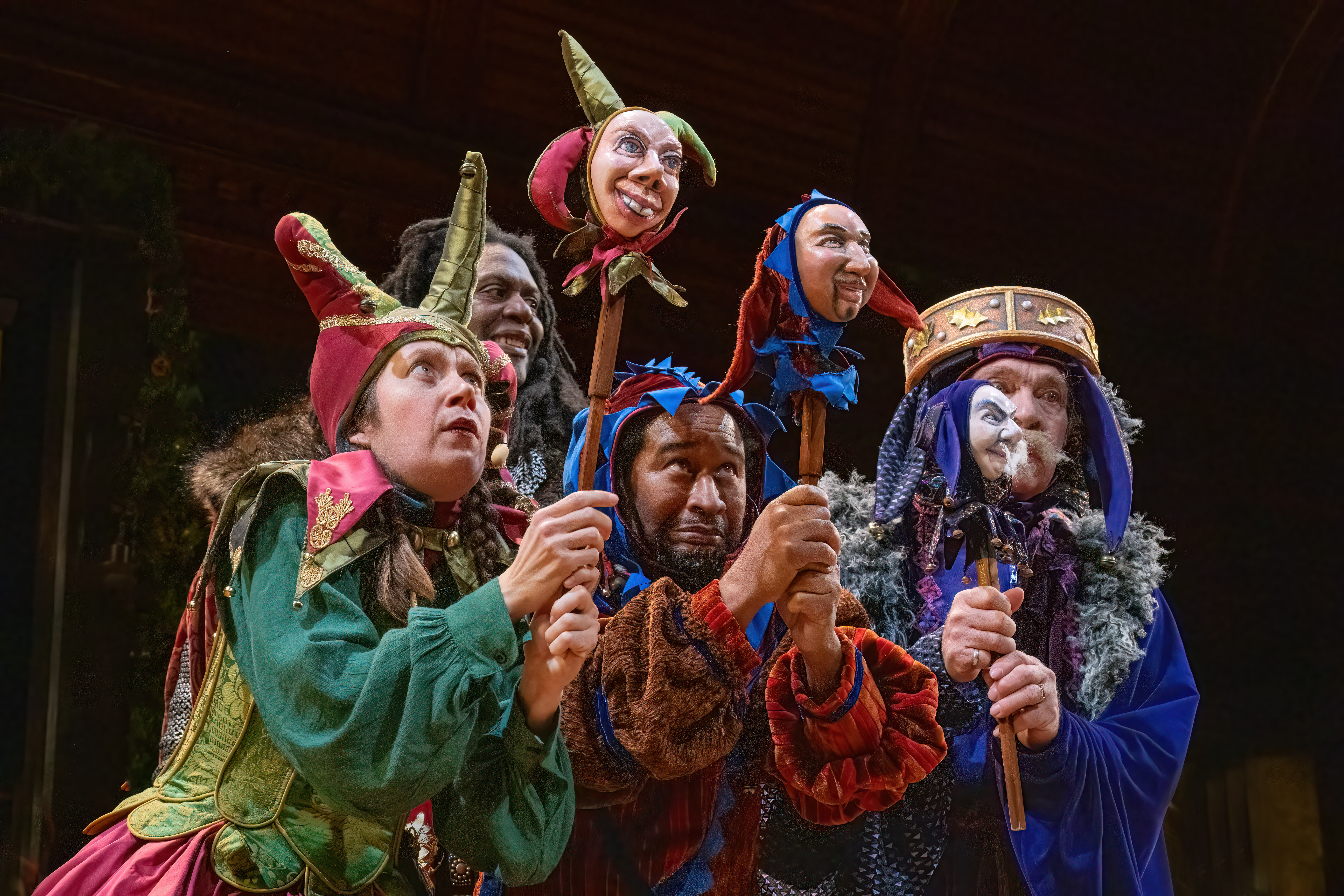
Read More
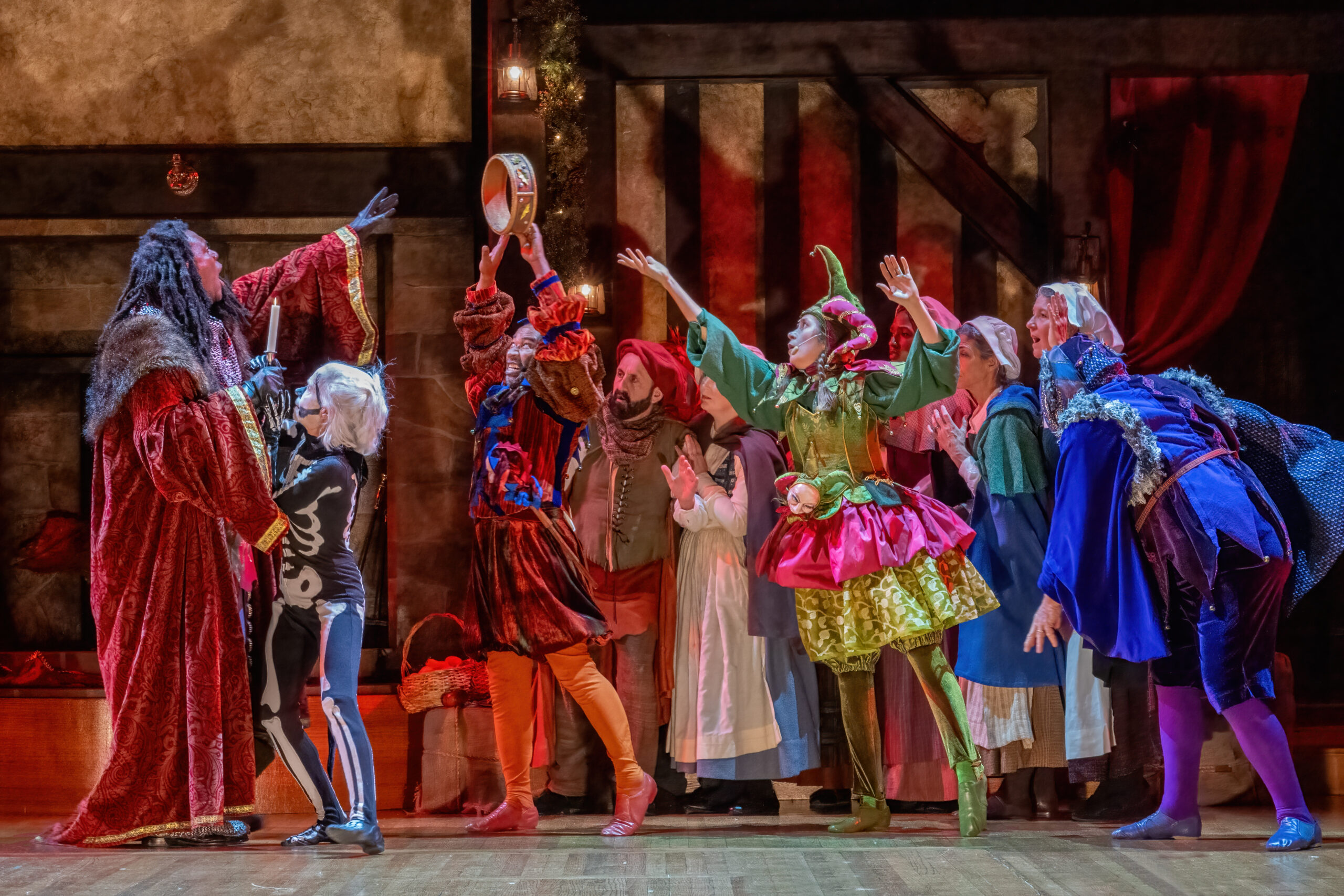
Read More
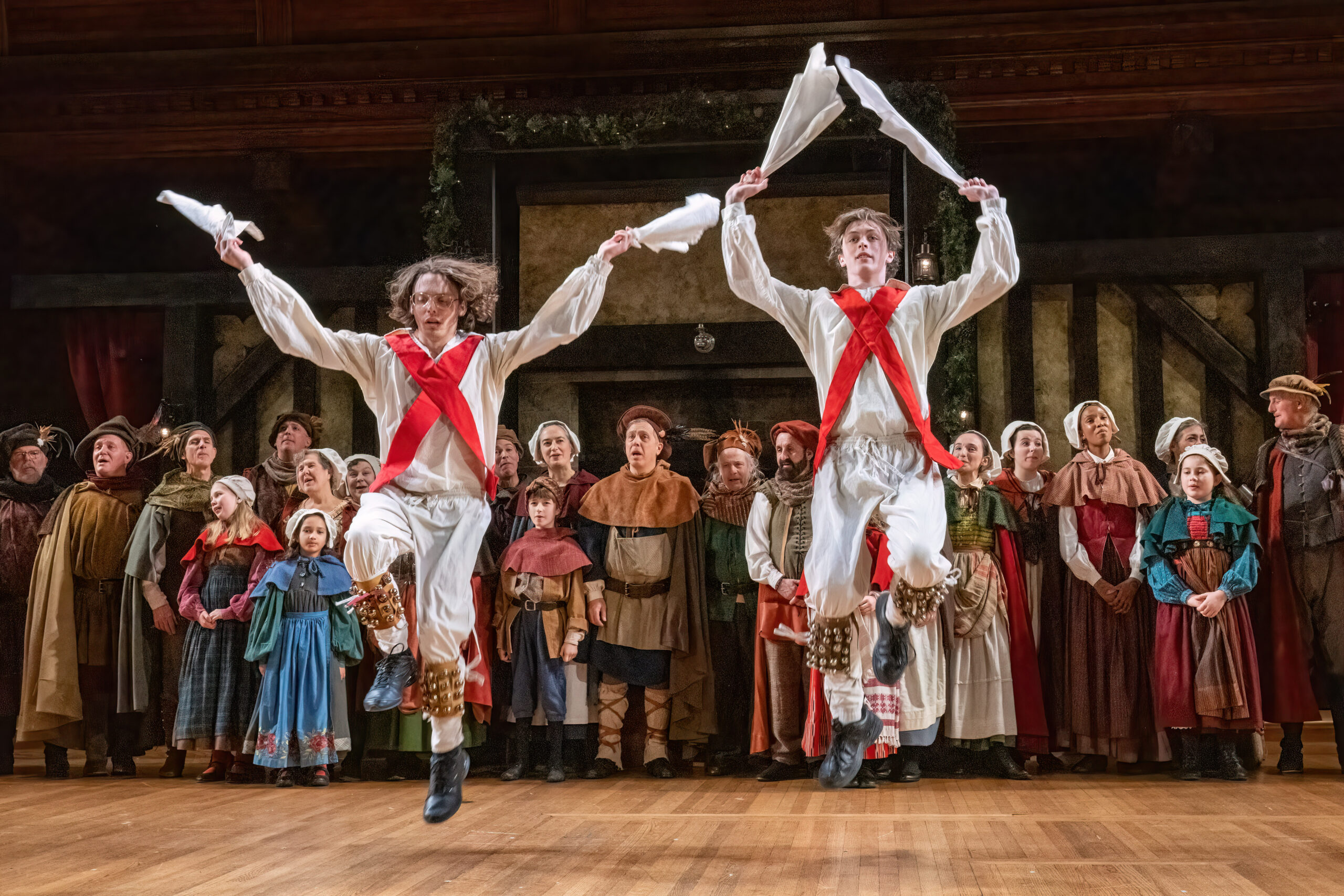
Read More
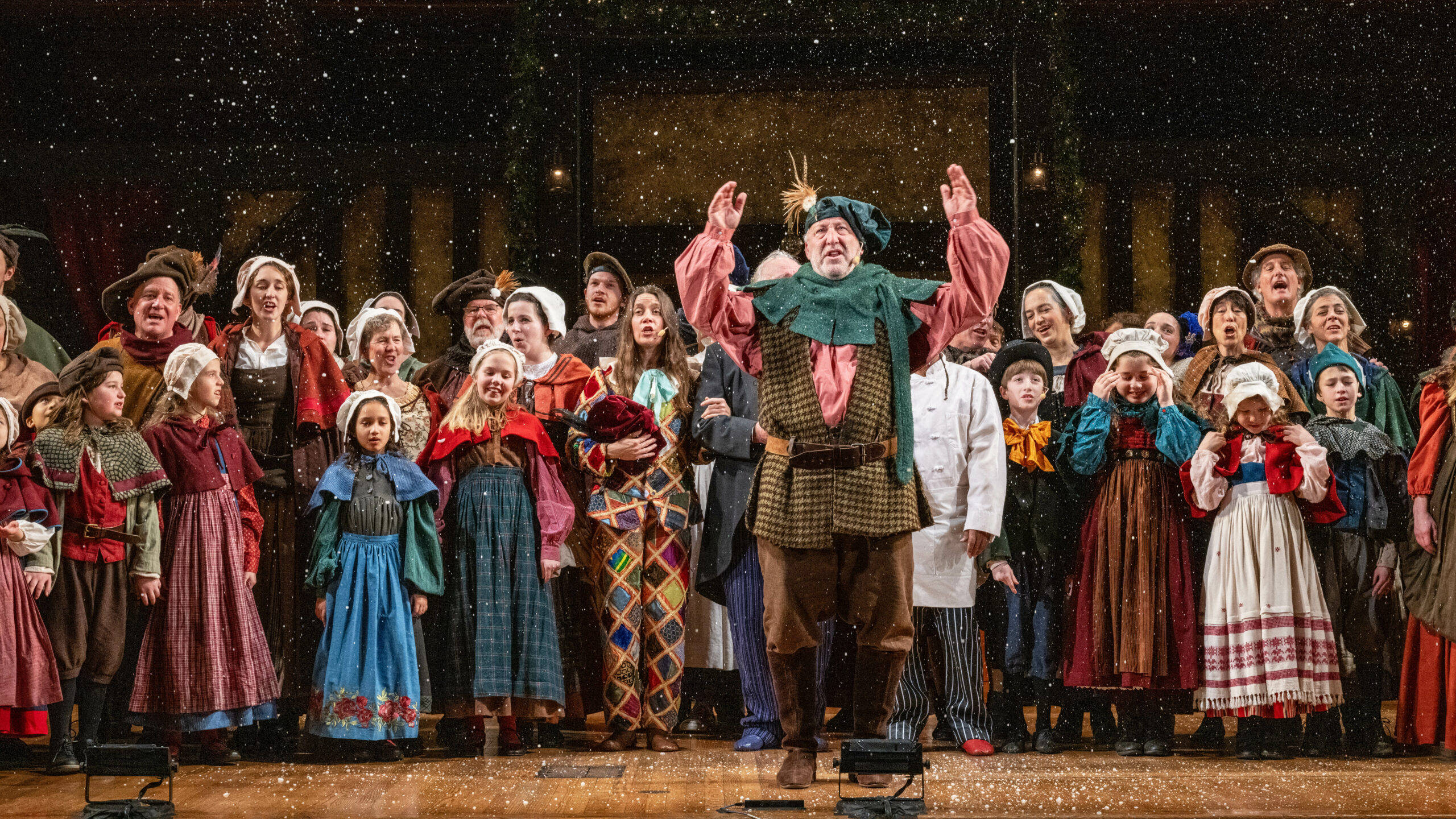
Read More
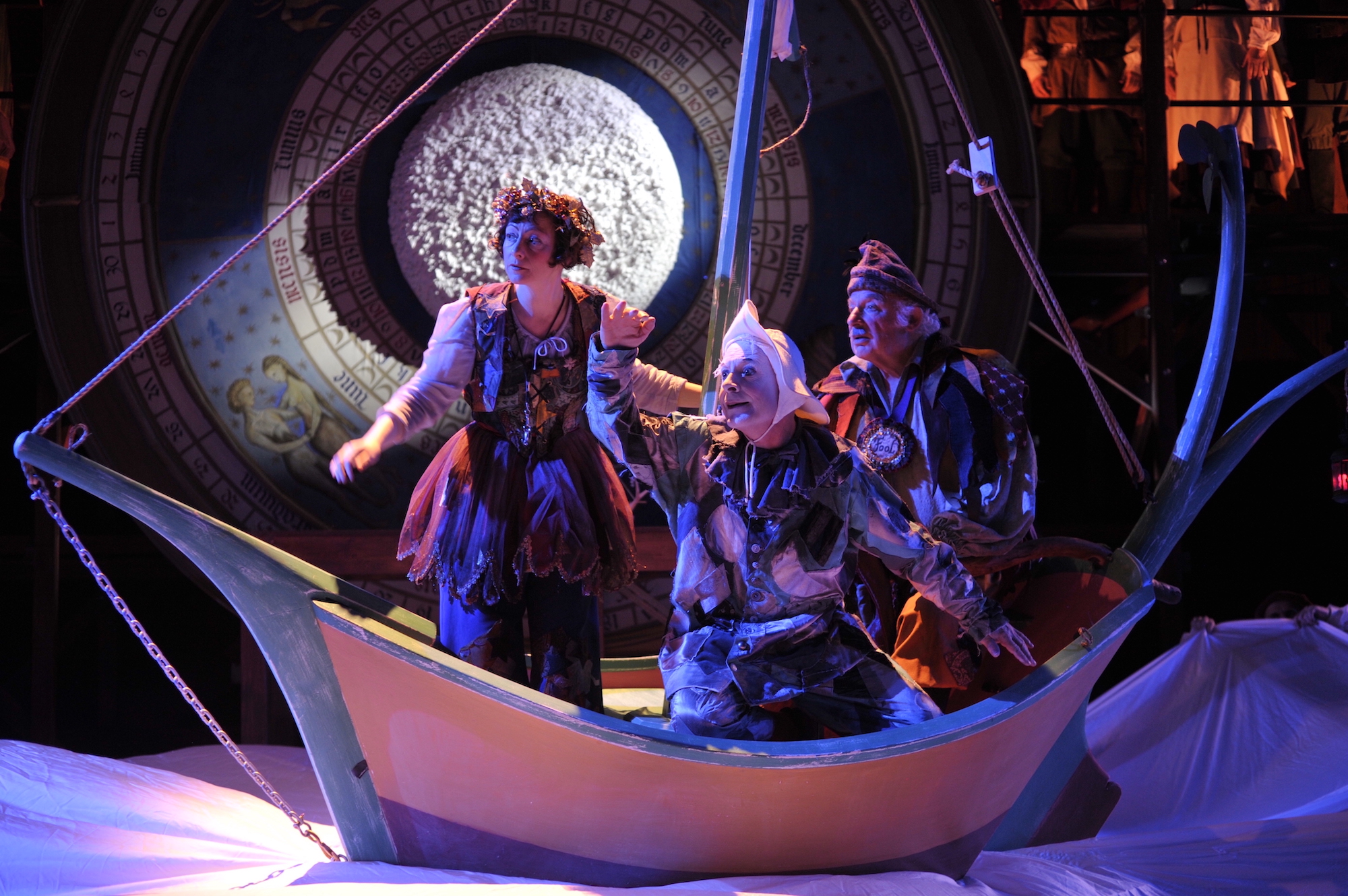
Read More
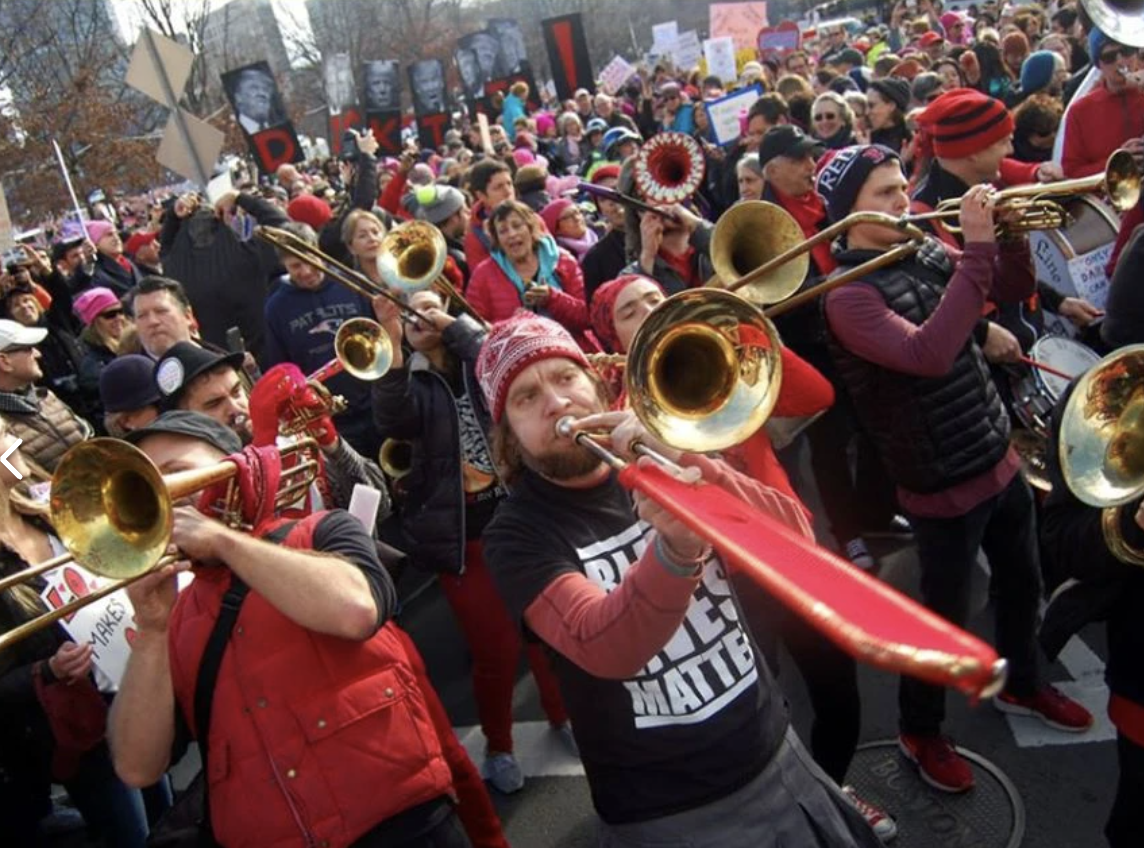
Read More

Read More
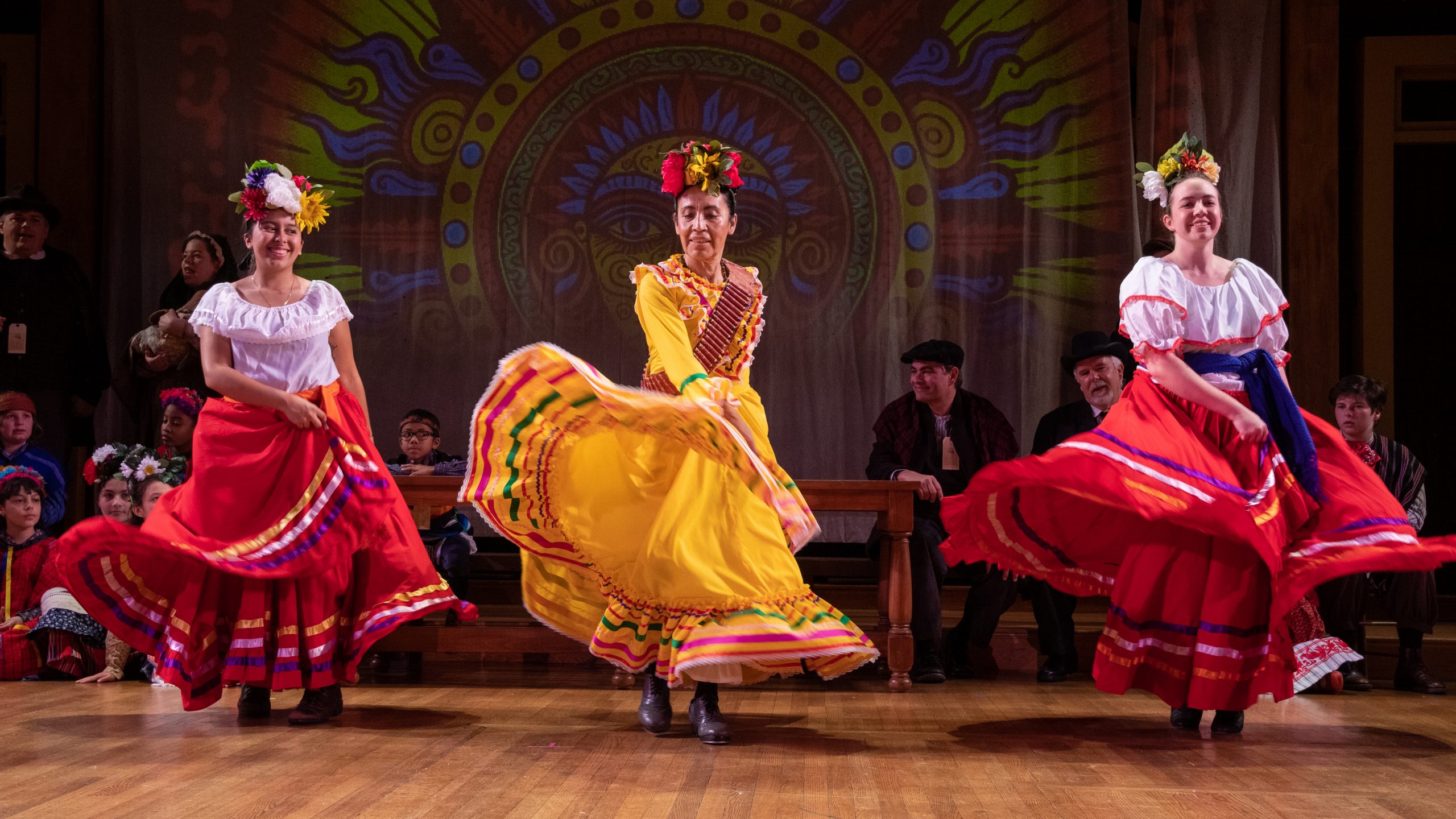
Read More
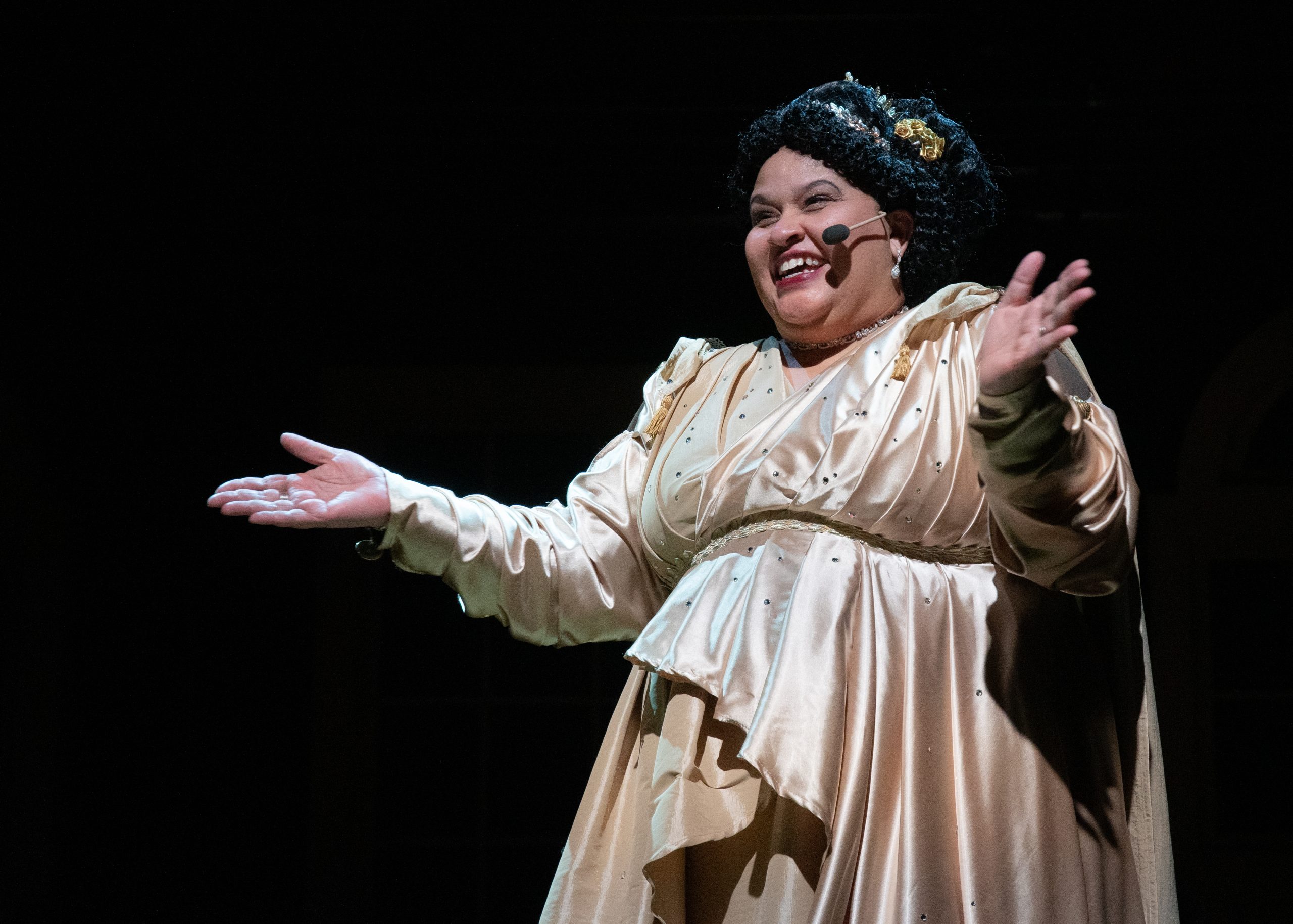
Read More
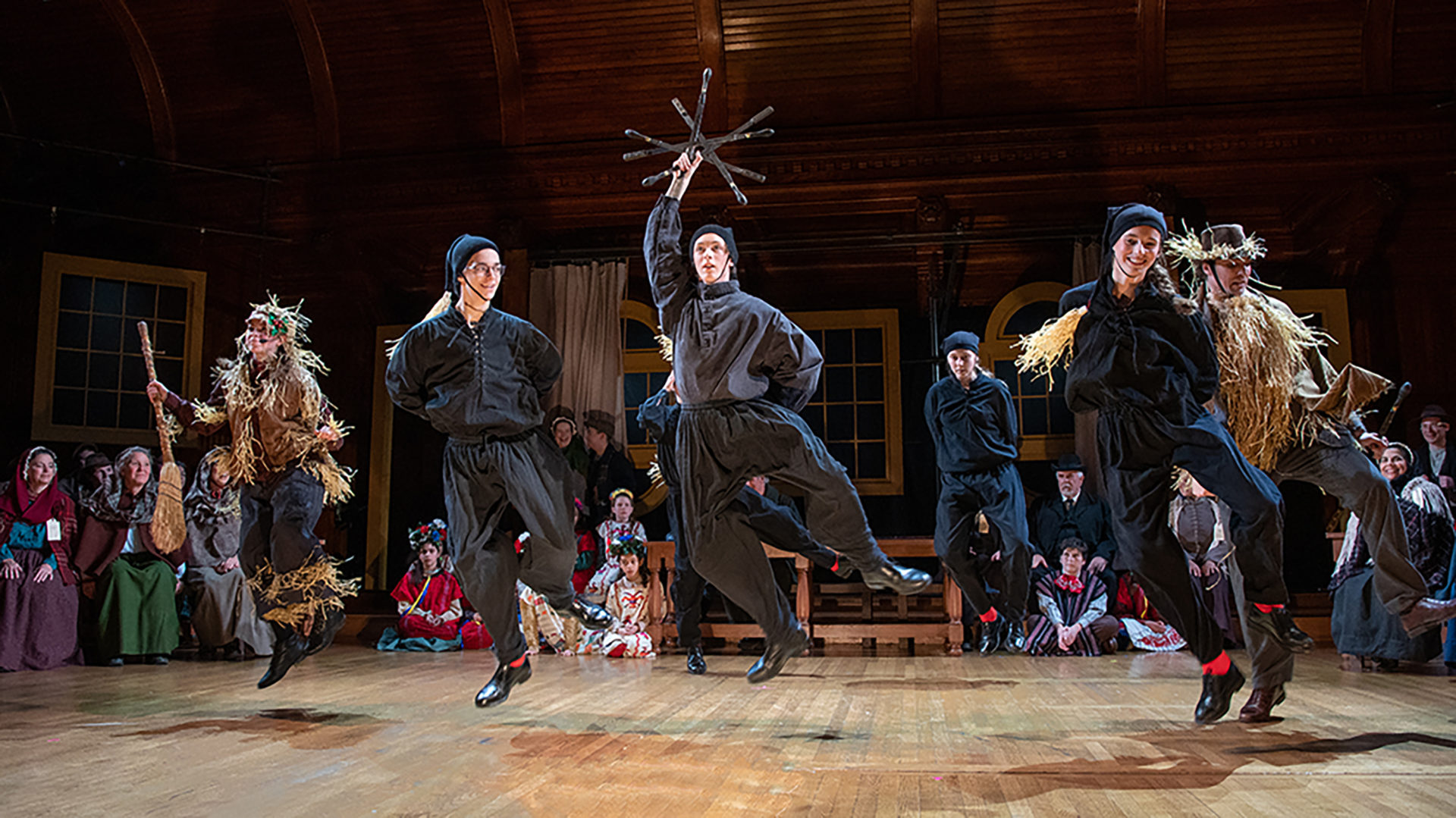
Read More
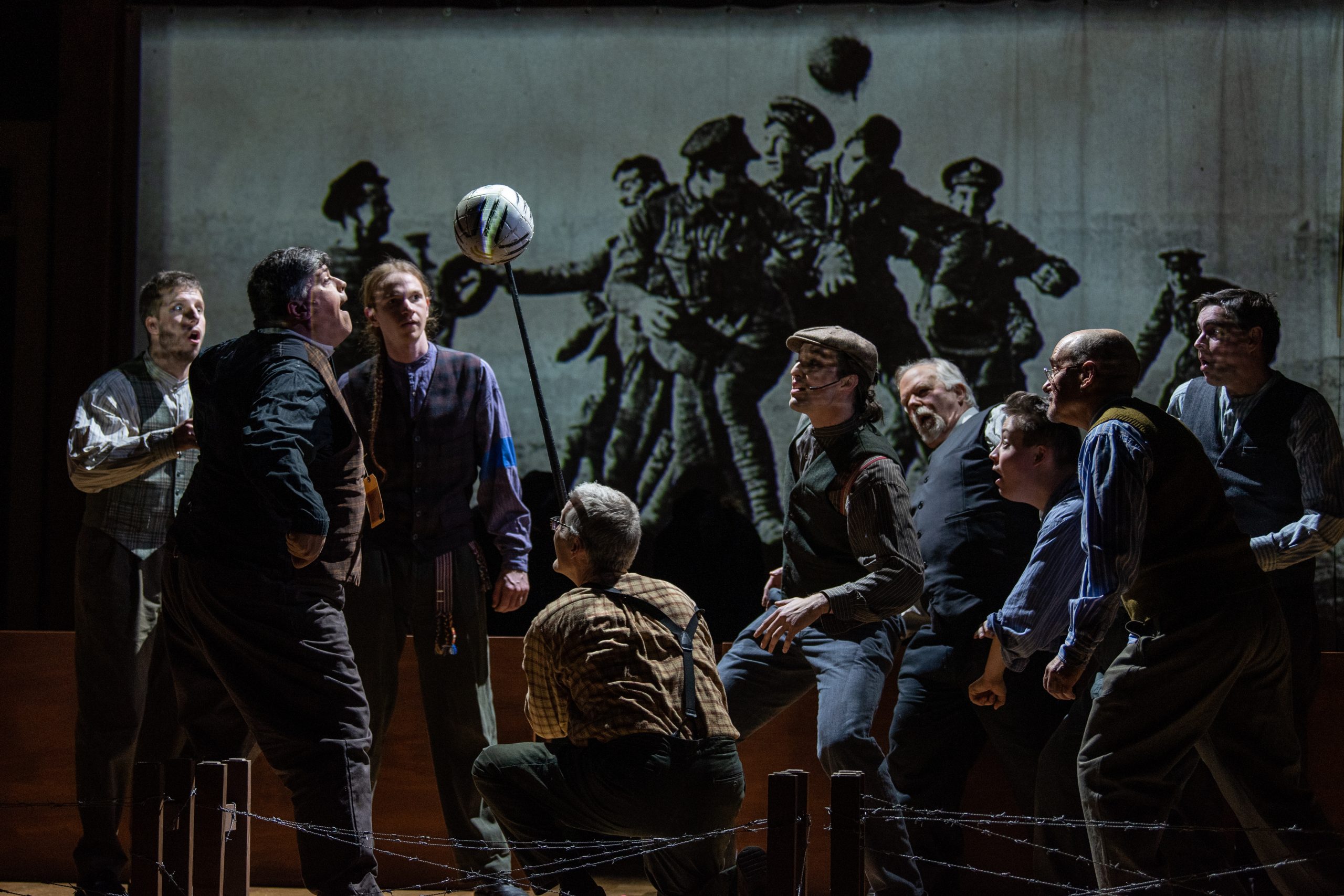
Read More

Read More
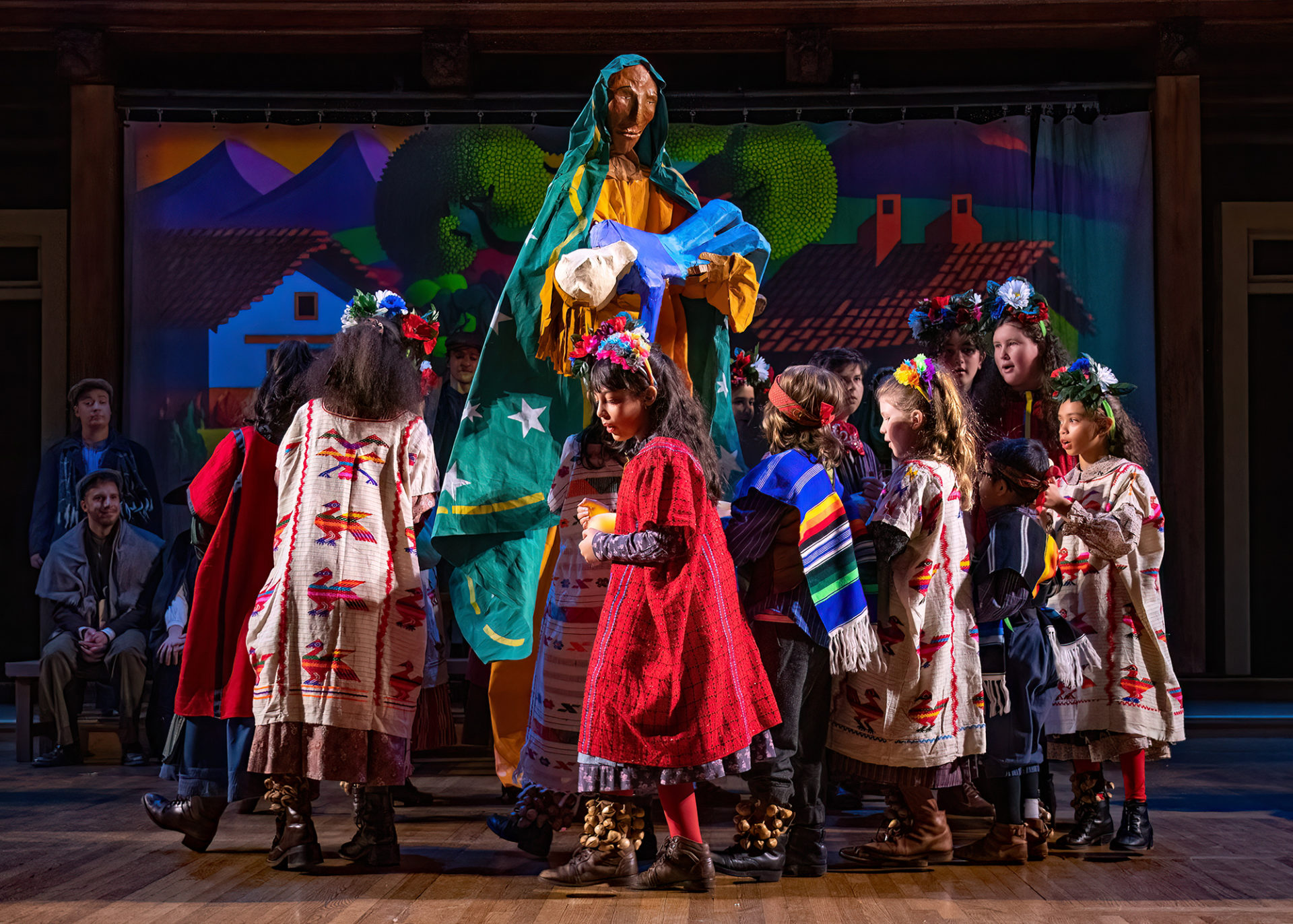
Read More
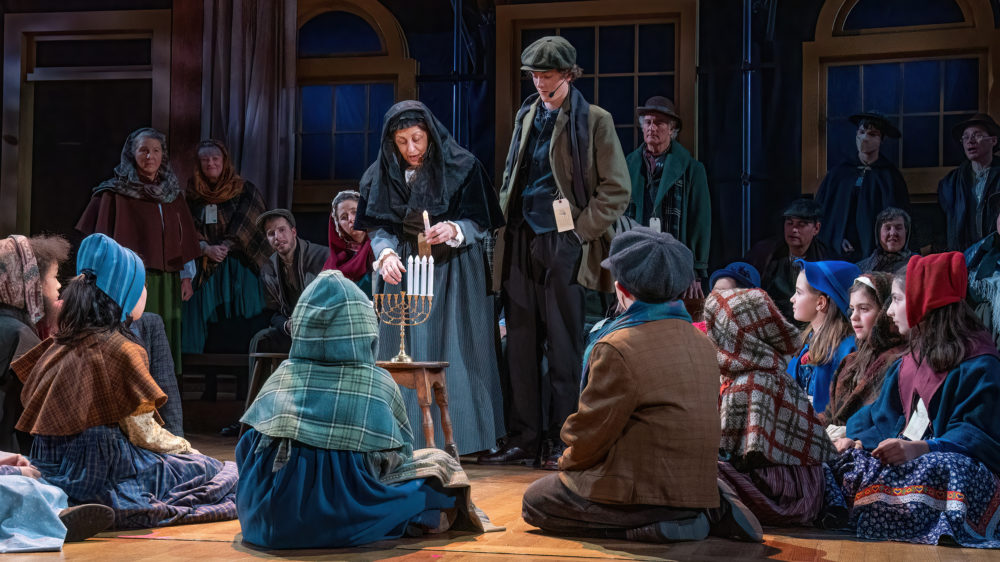
Read More
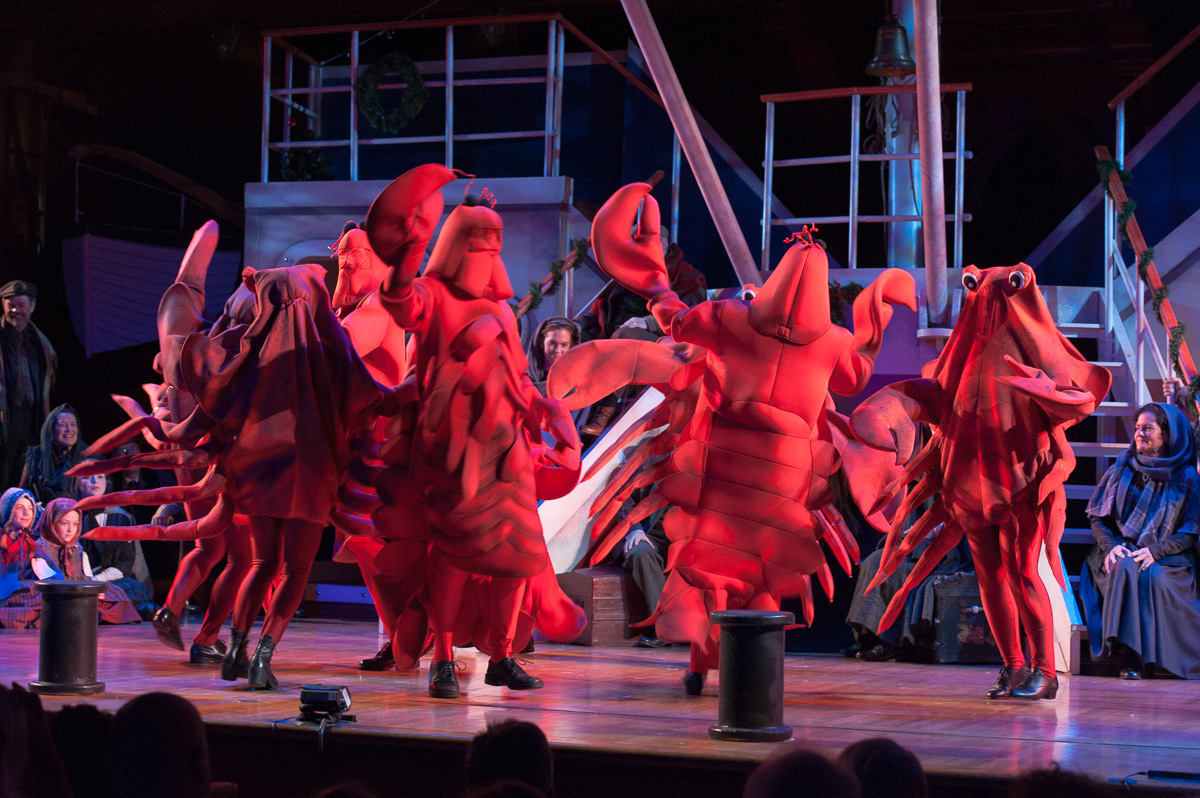
Read More
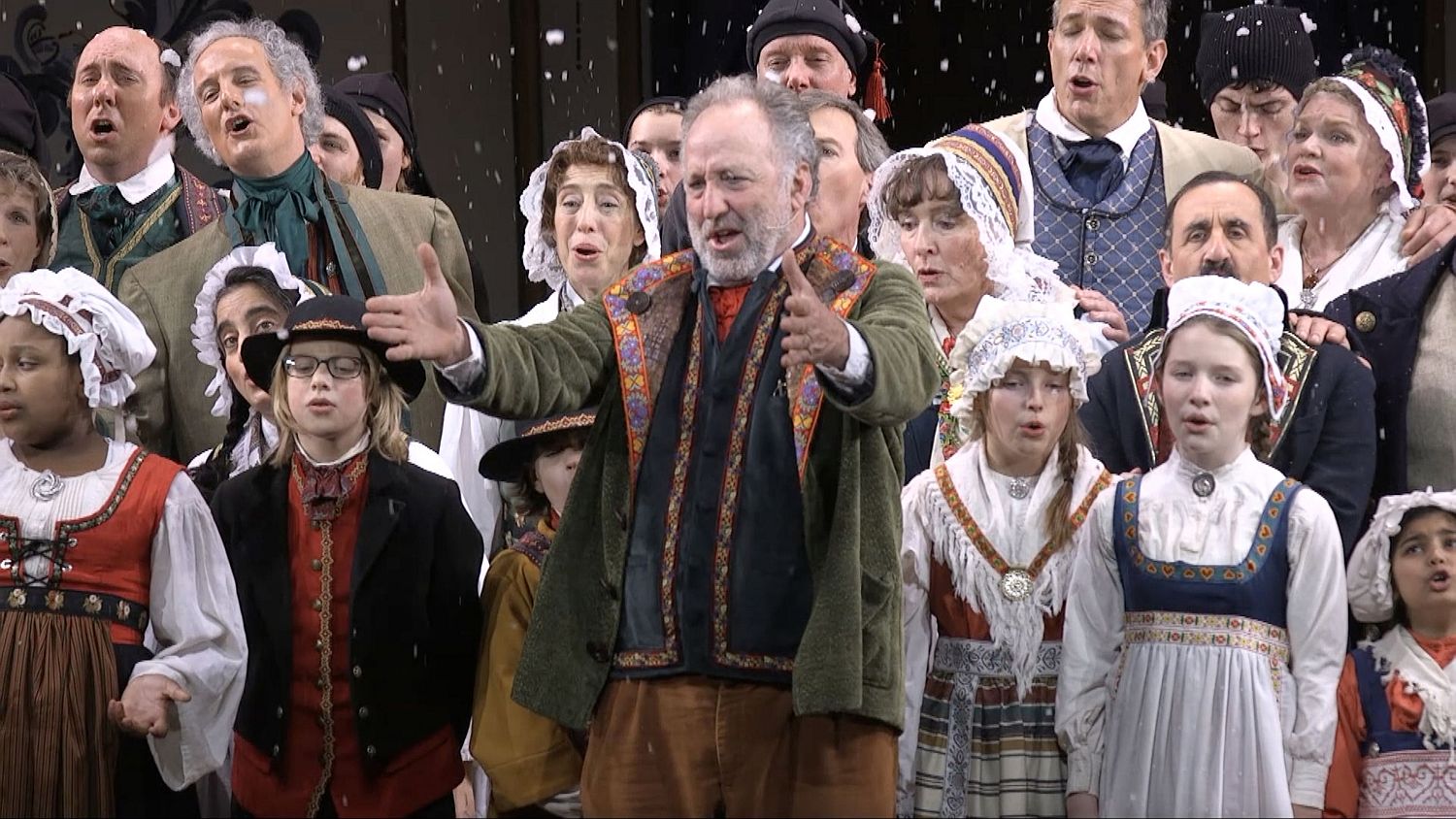
Read More

Read More

Read More

Read More

Read More

Read More
Read More
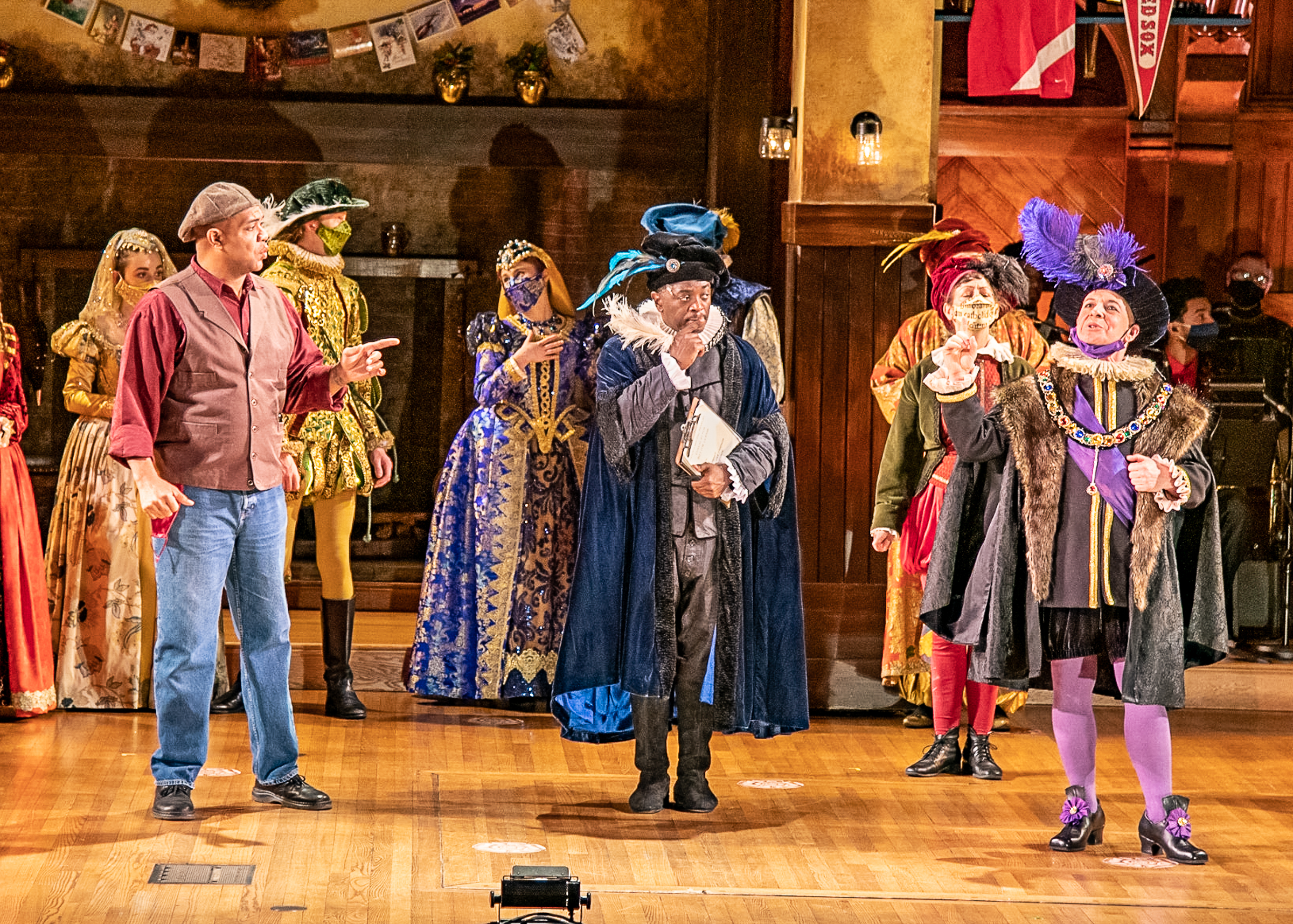
Read More
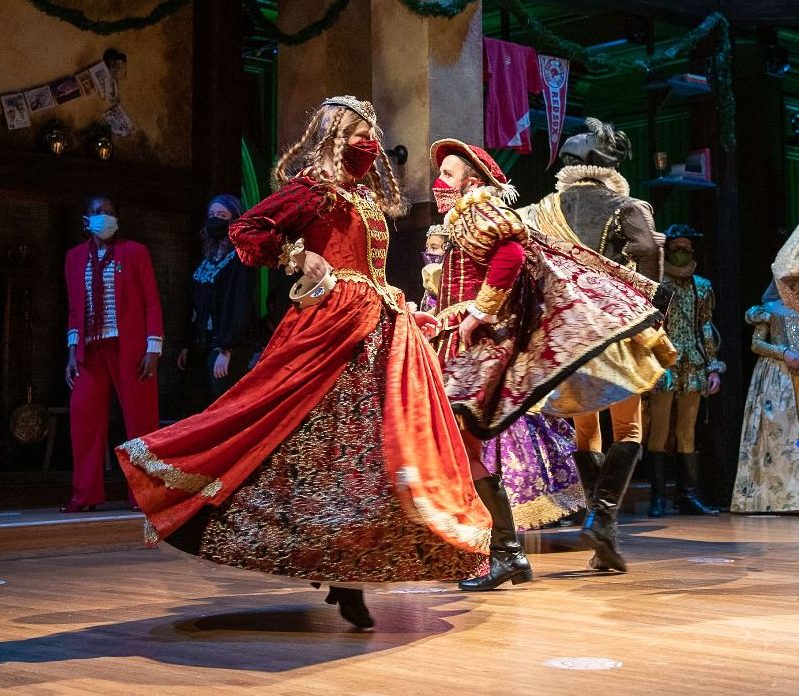
Read More
Read More
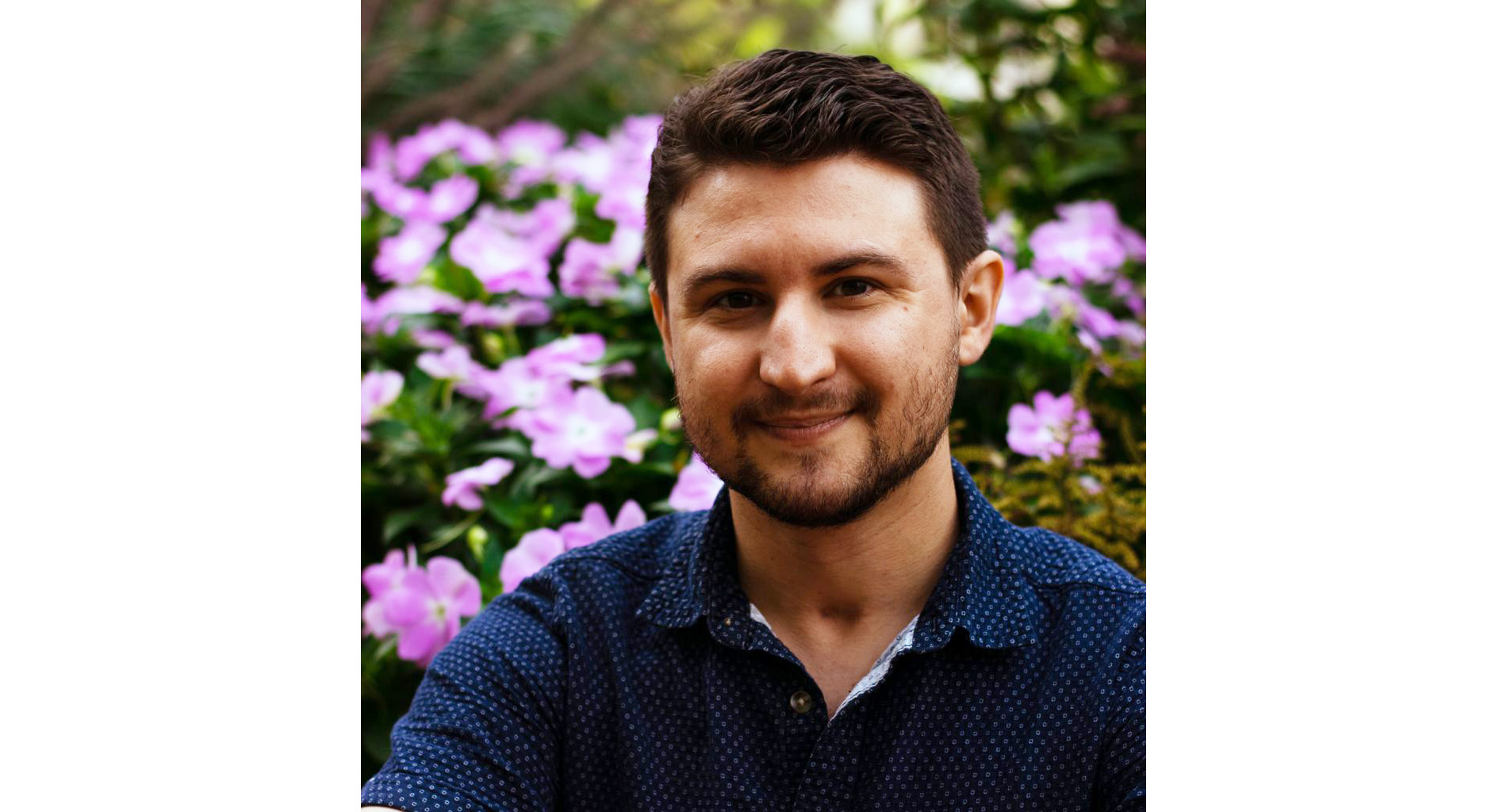
Read More
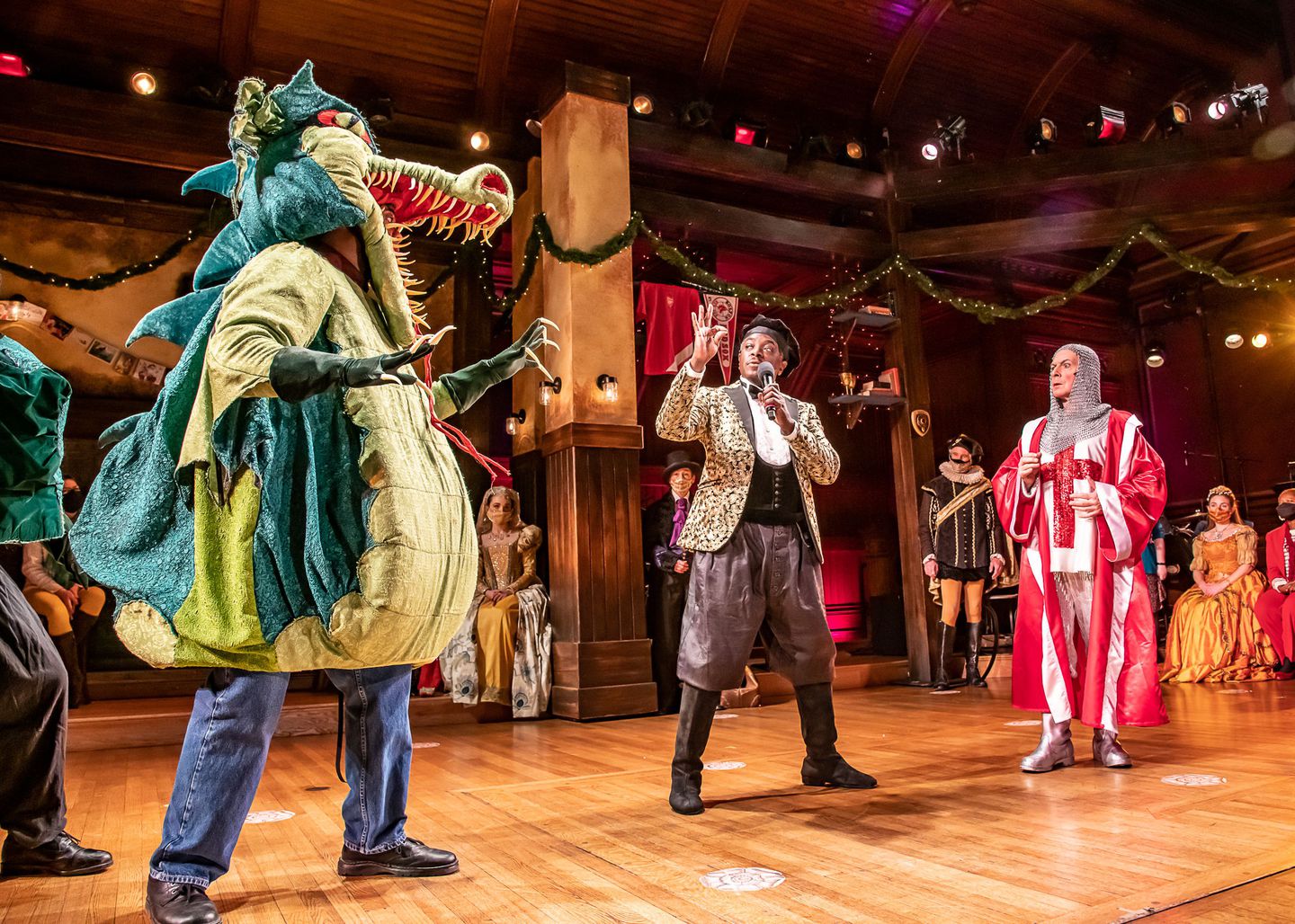
Read More
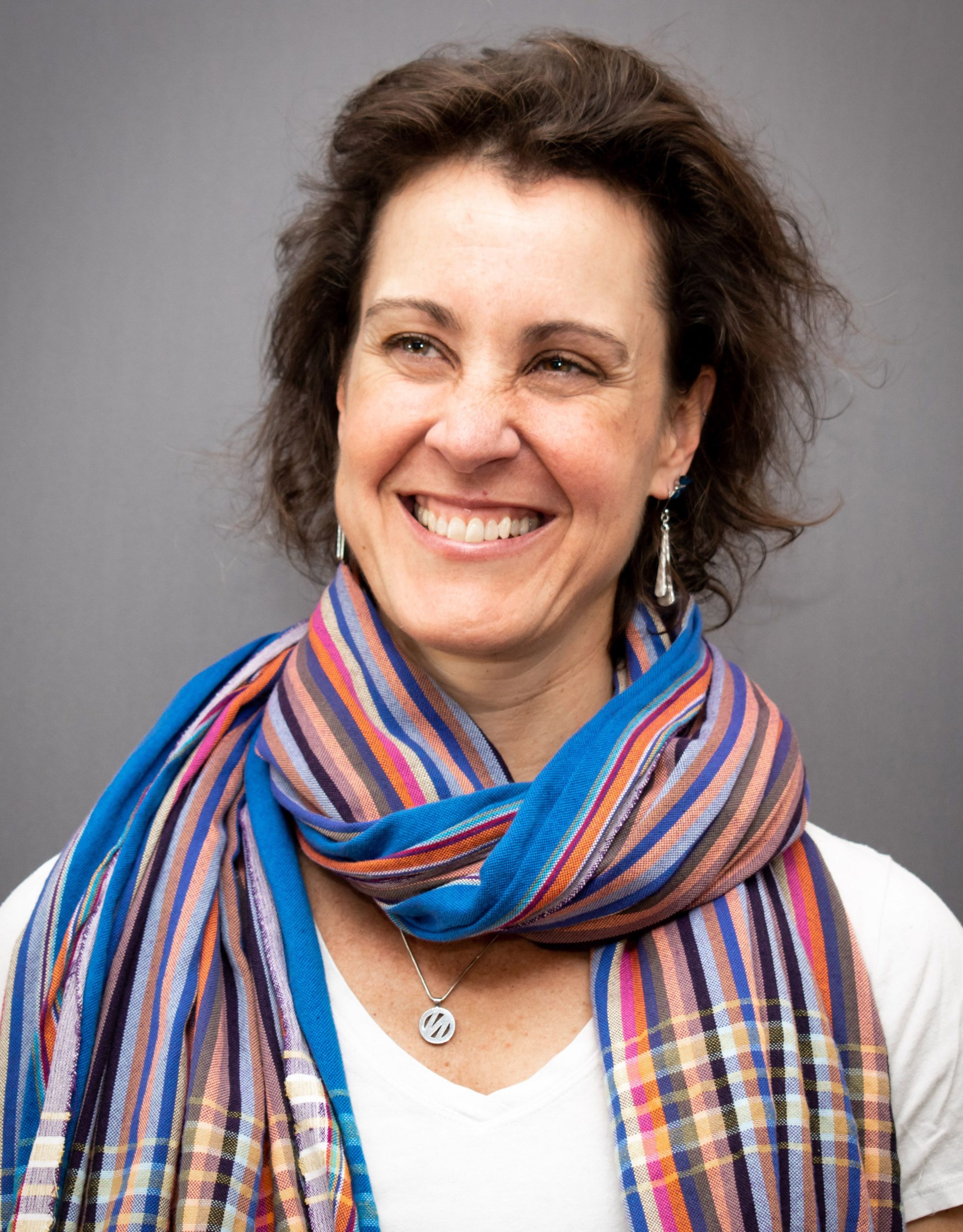
Read More

Read More
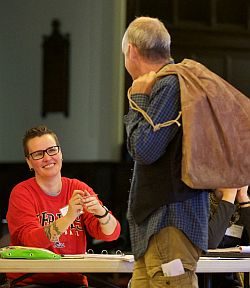
Read More
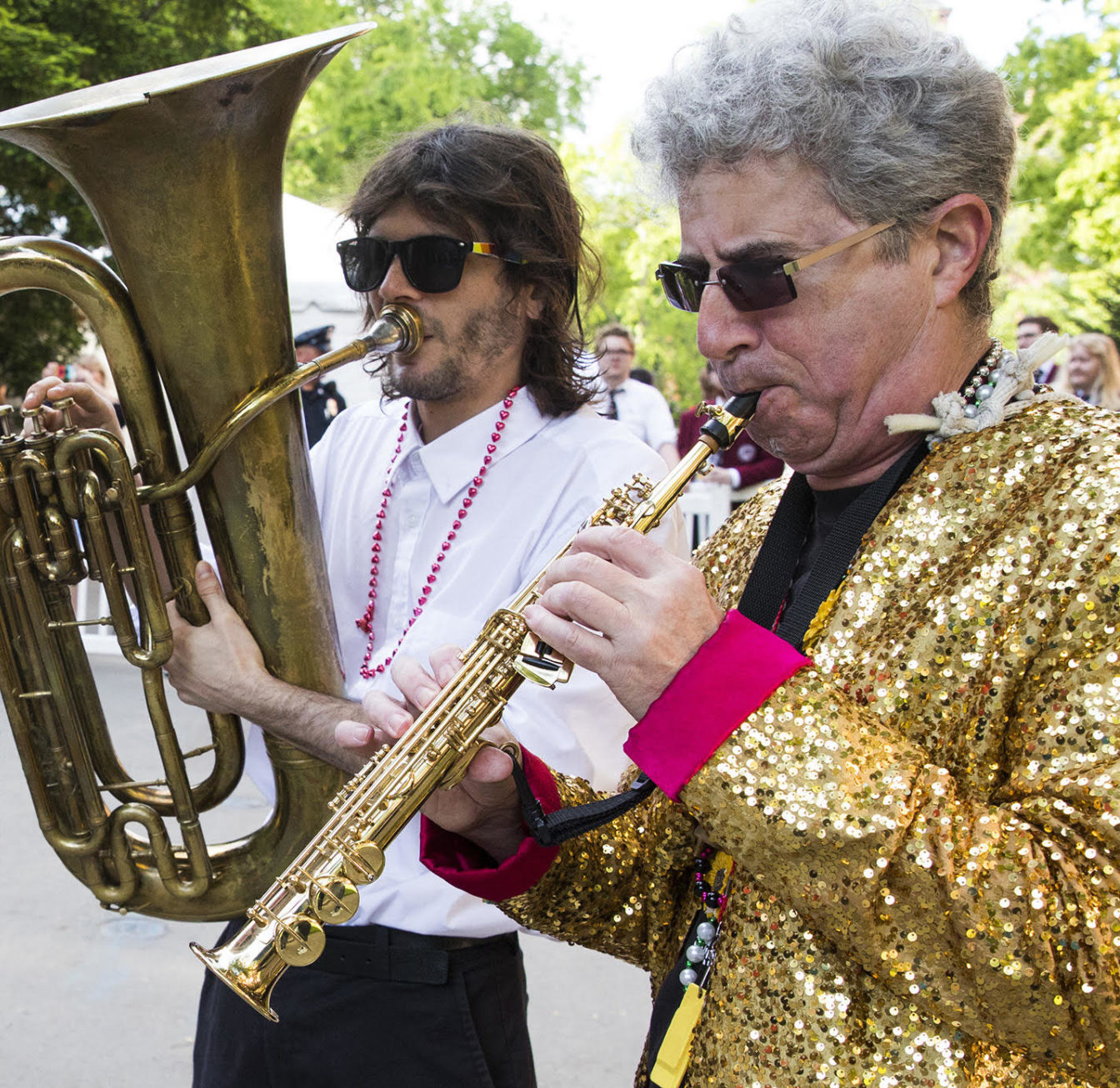
Read More
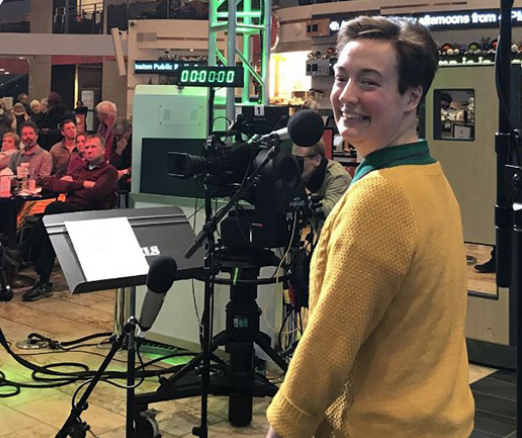
Read More

Read More
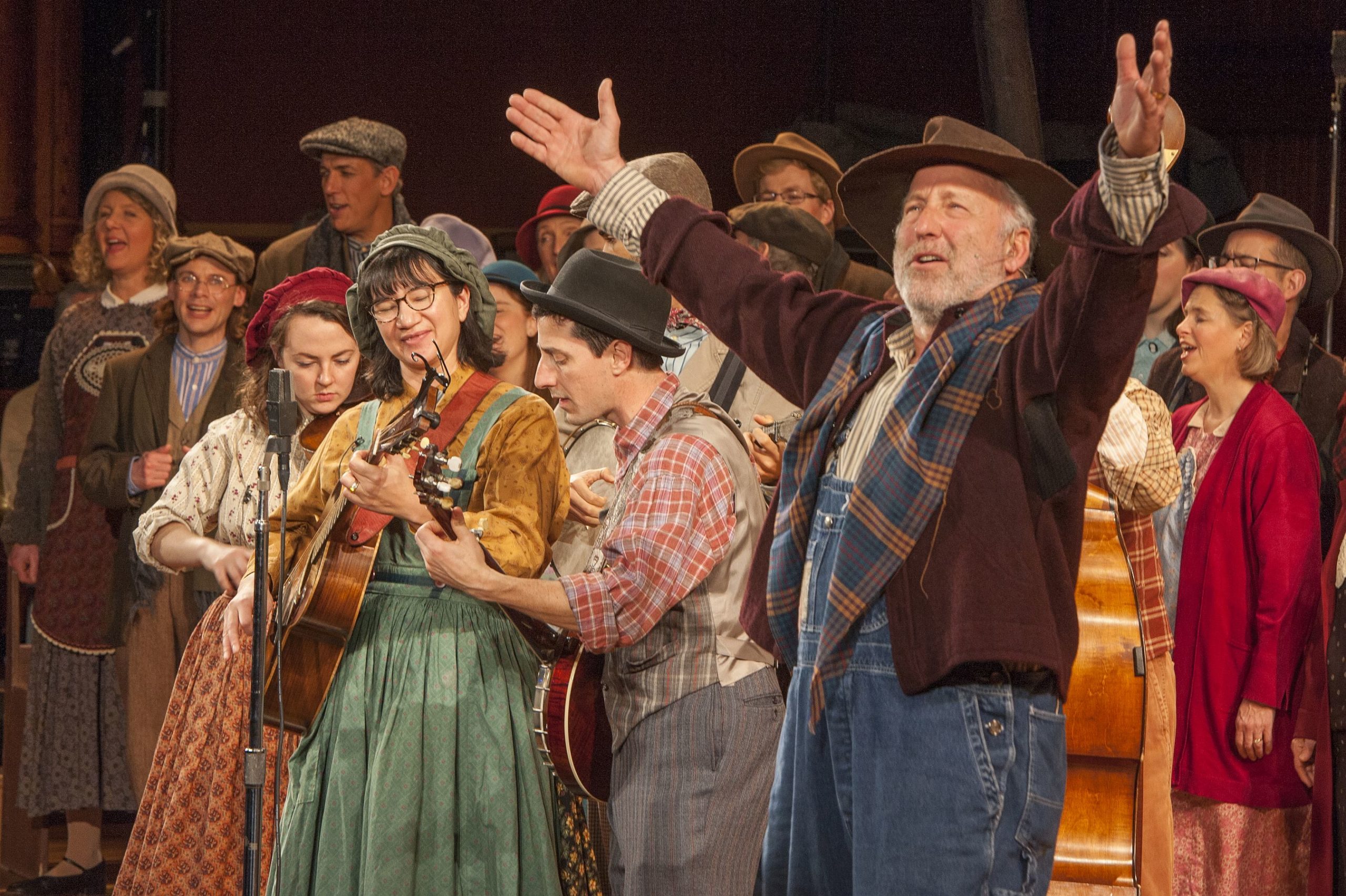
Read More
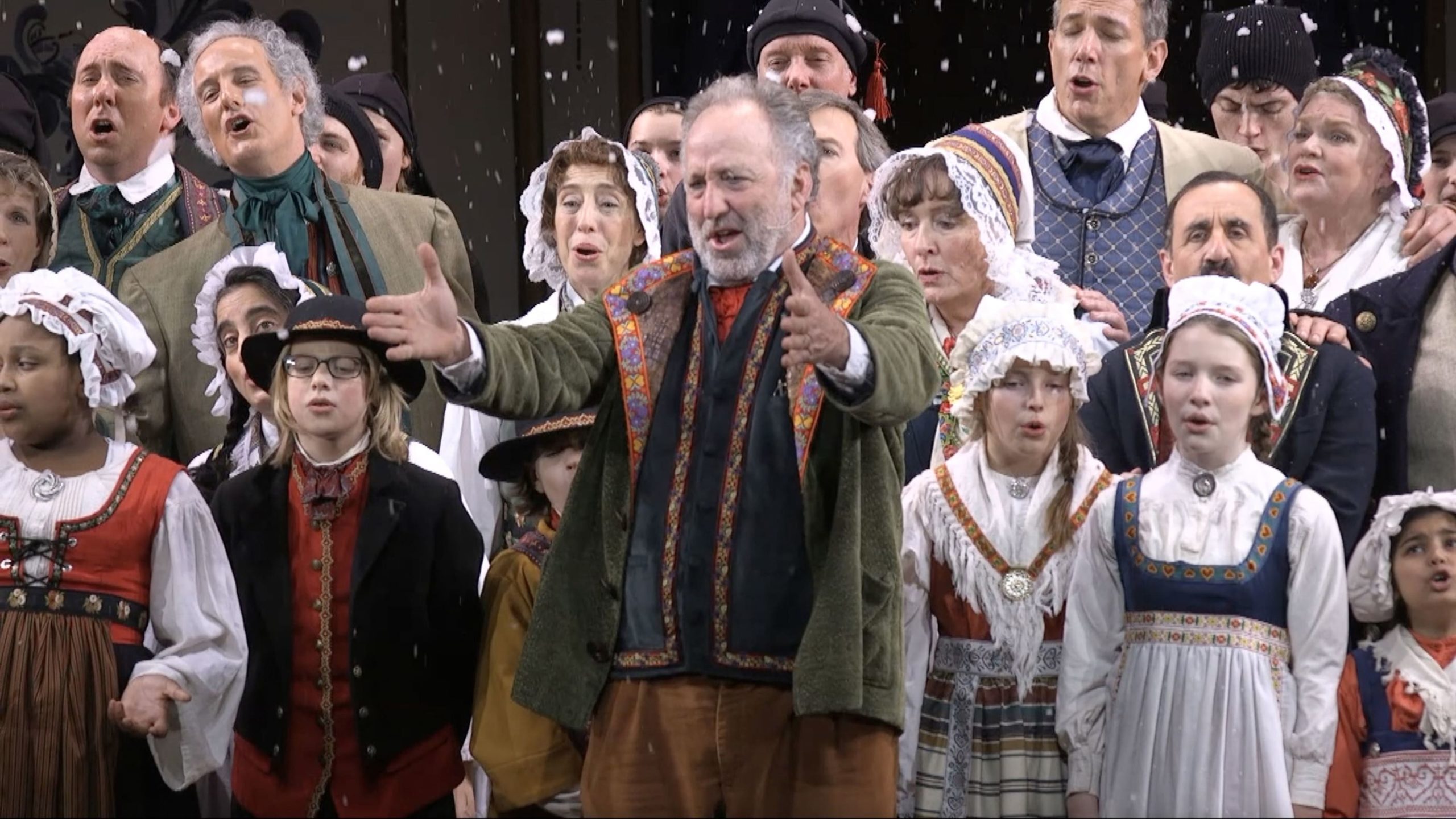
Read More
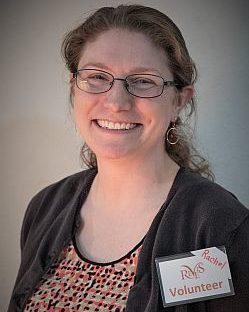
Read More
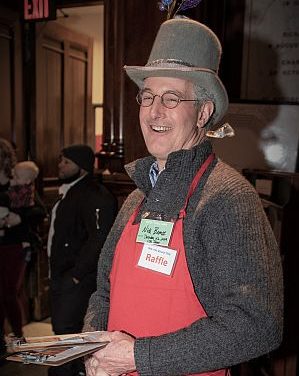
Read More
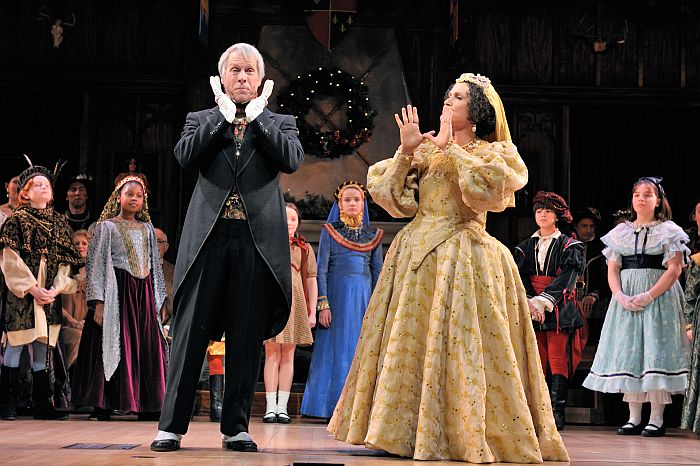
Read More
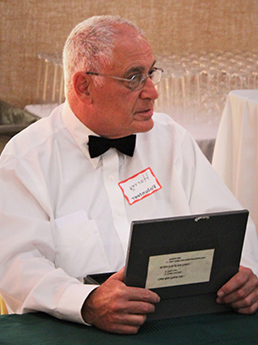
Read More
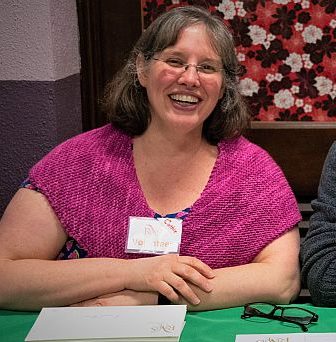
Read More
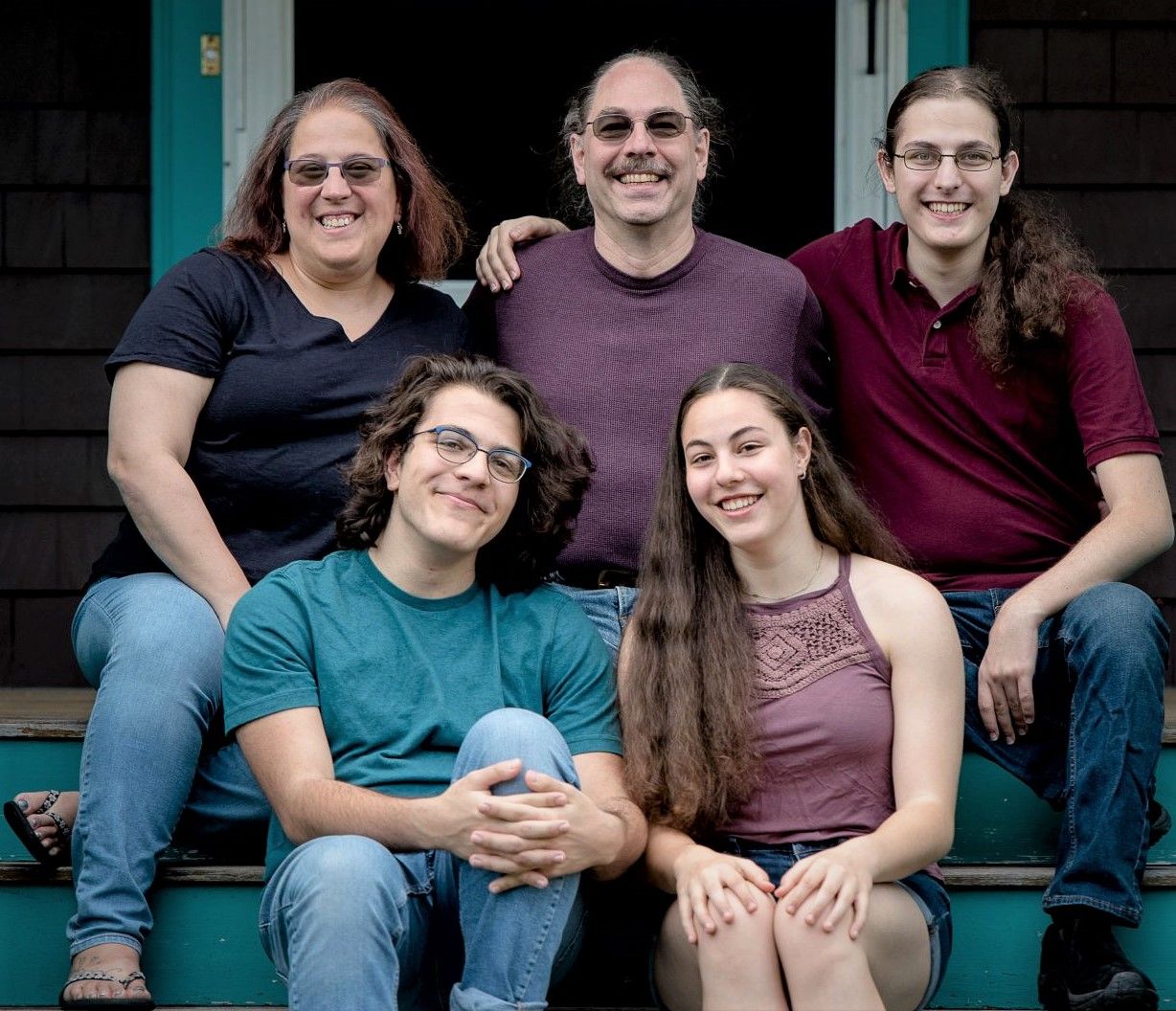
Read More

Read More

Read More

Read More

Read More
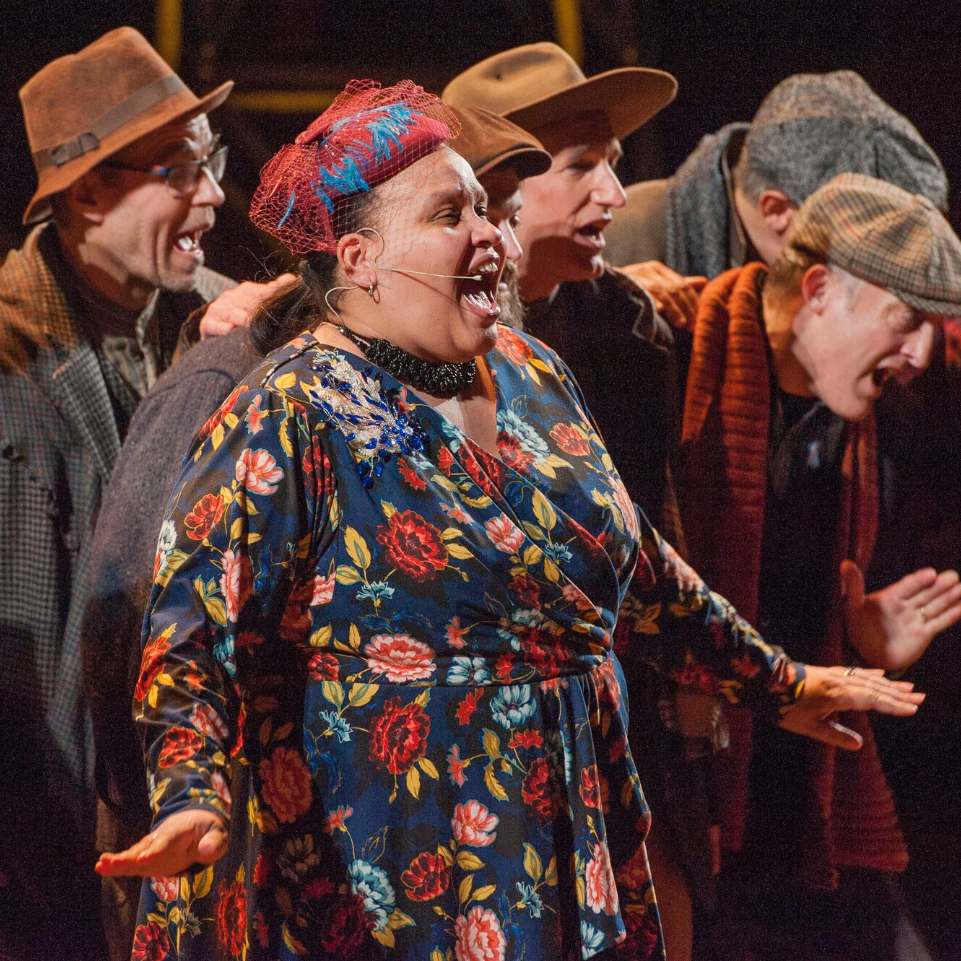
Read More

Read More

Read More
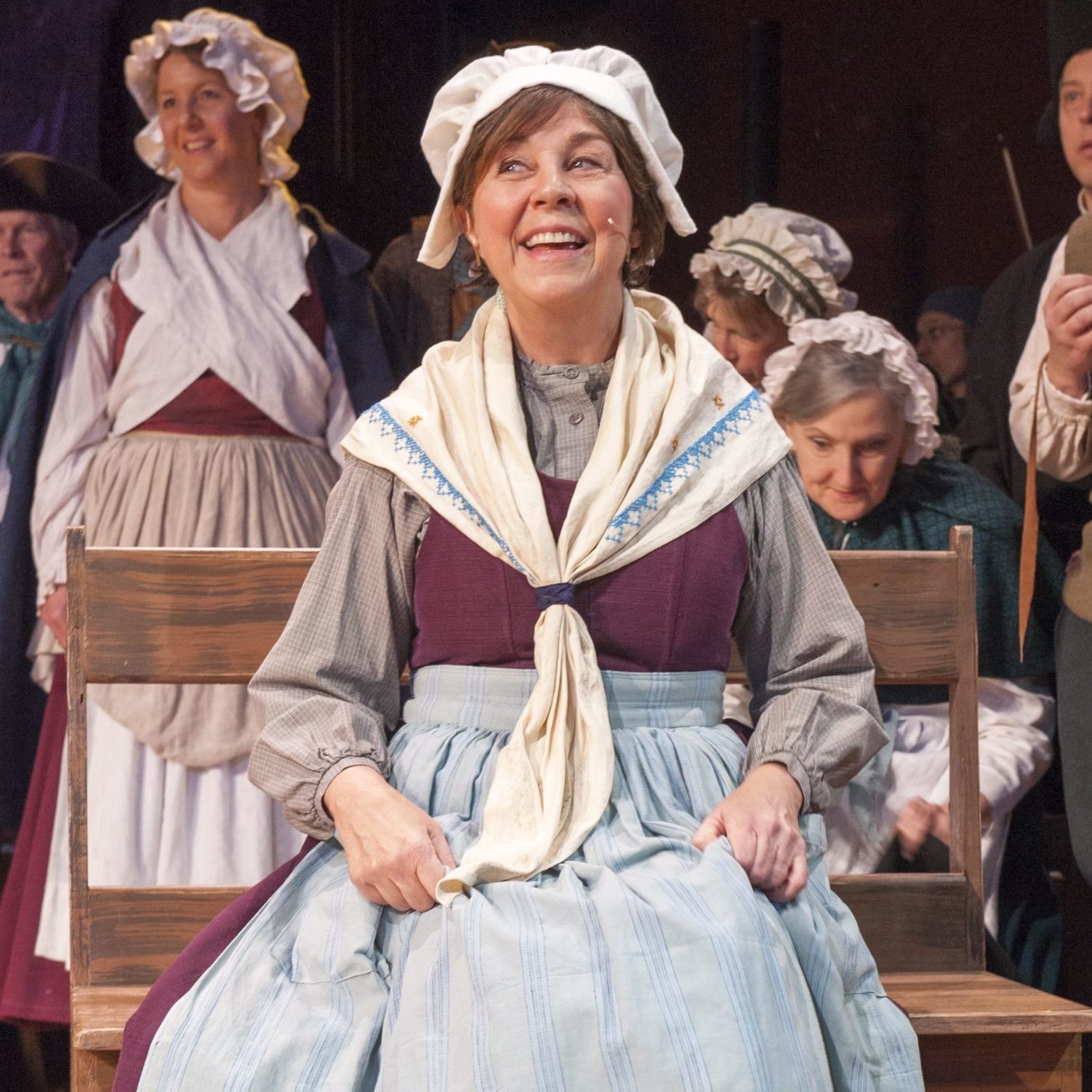
Read More
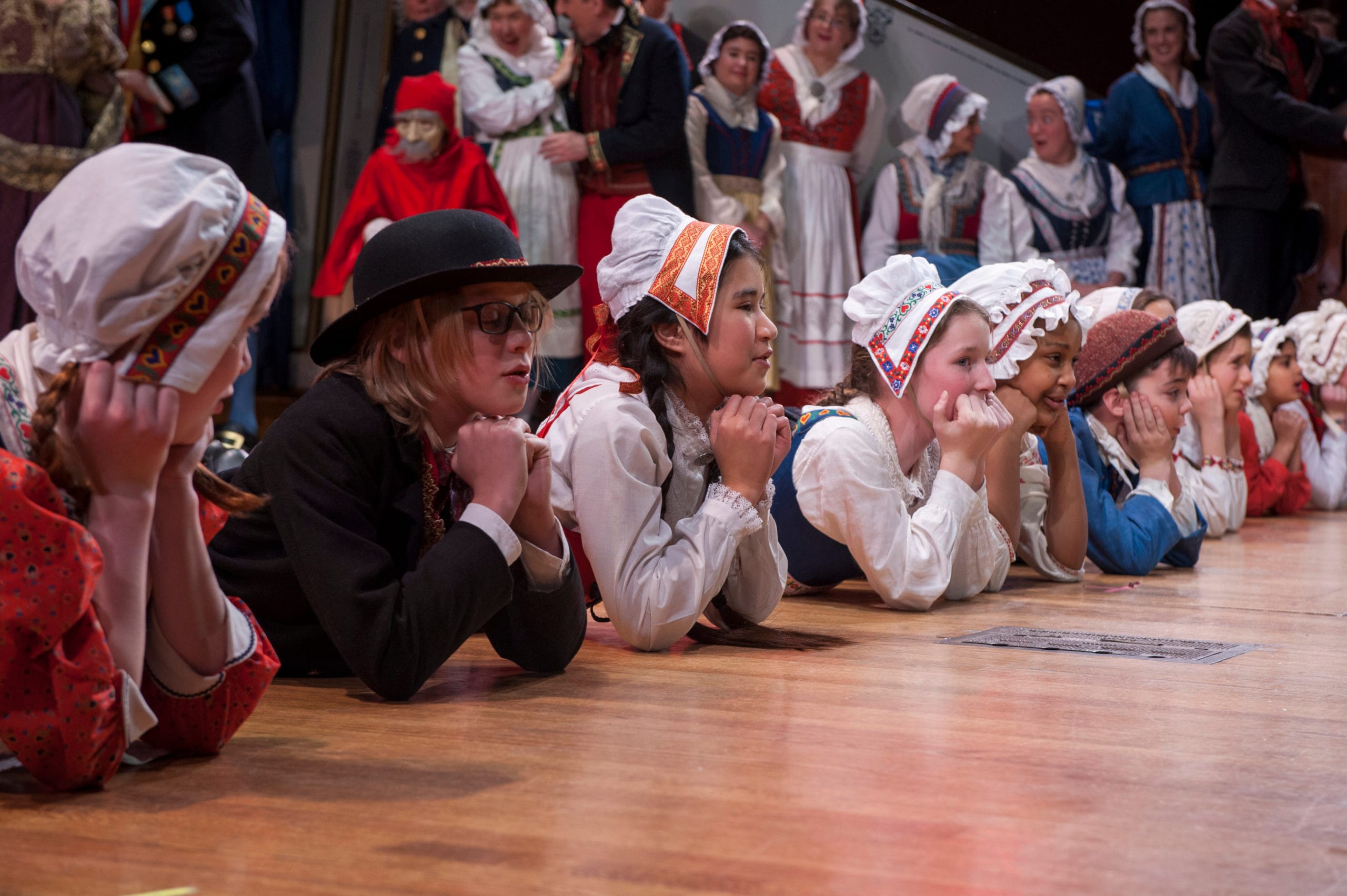
Read More

Read More

Read More

Read More
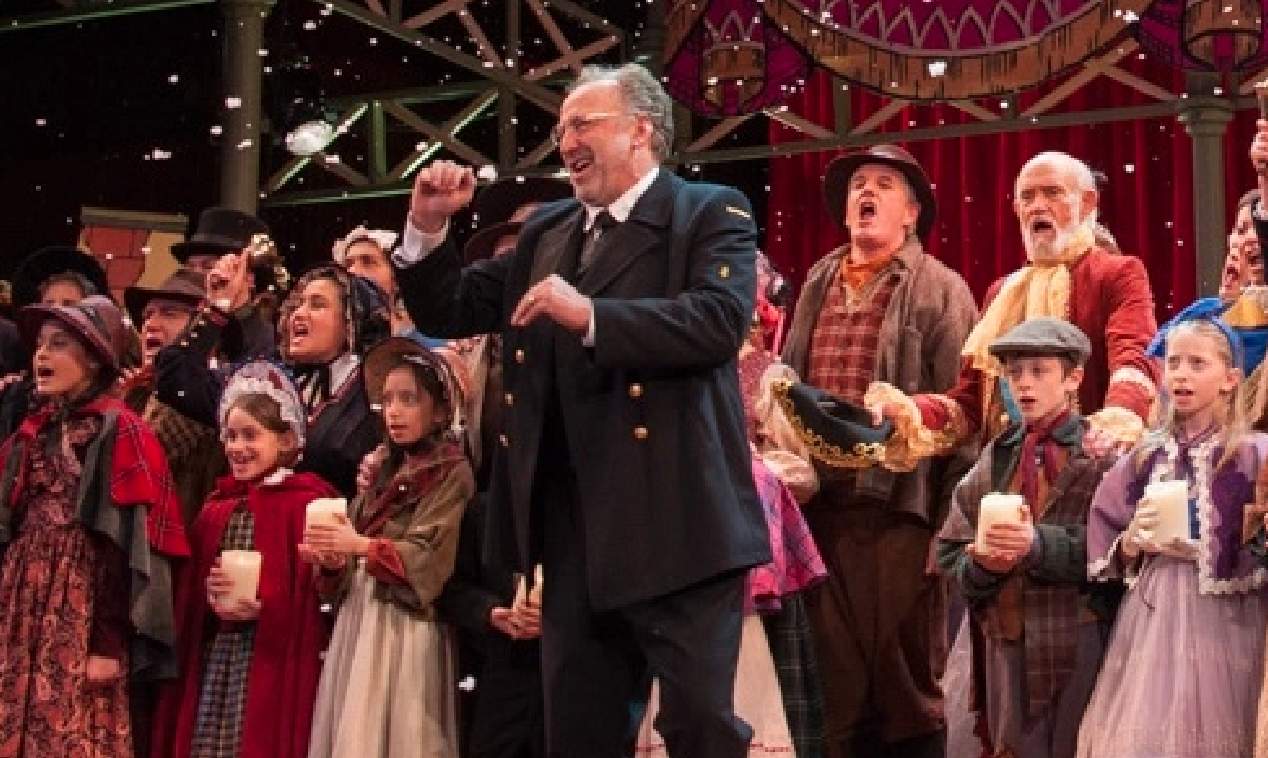
Read More

Read More
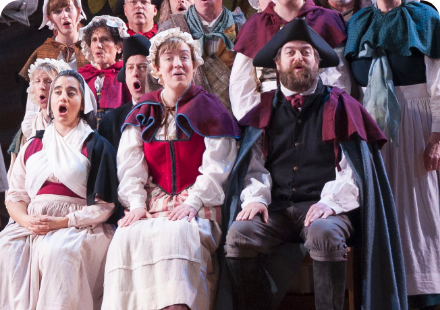
Read More

Read More

Read More

Read More
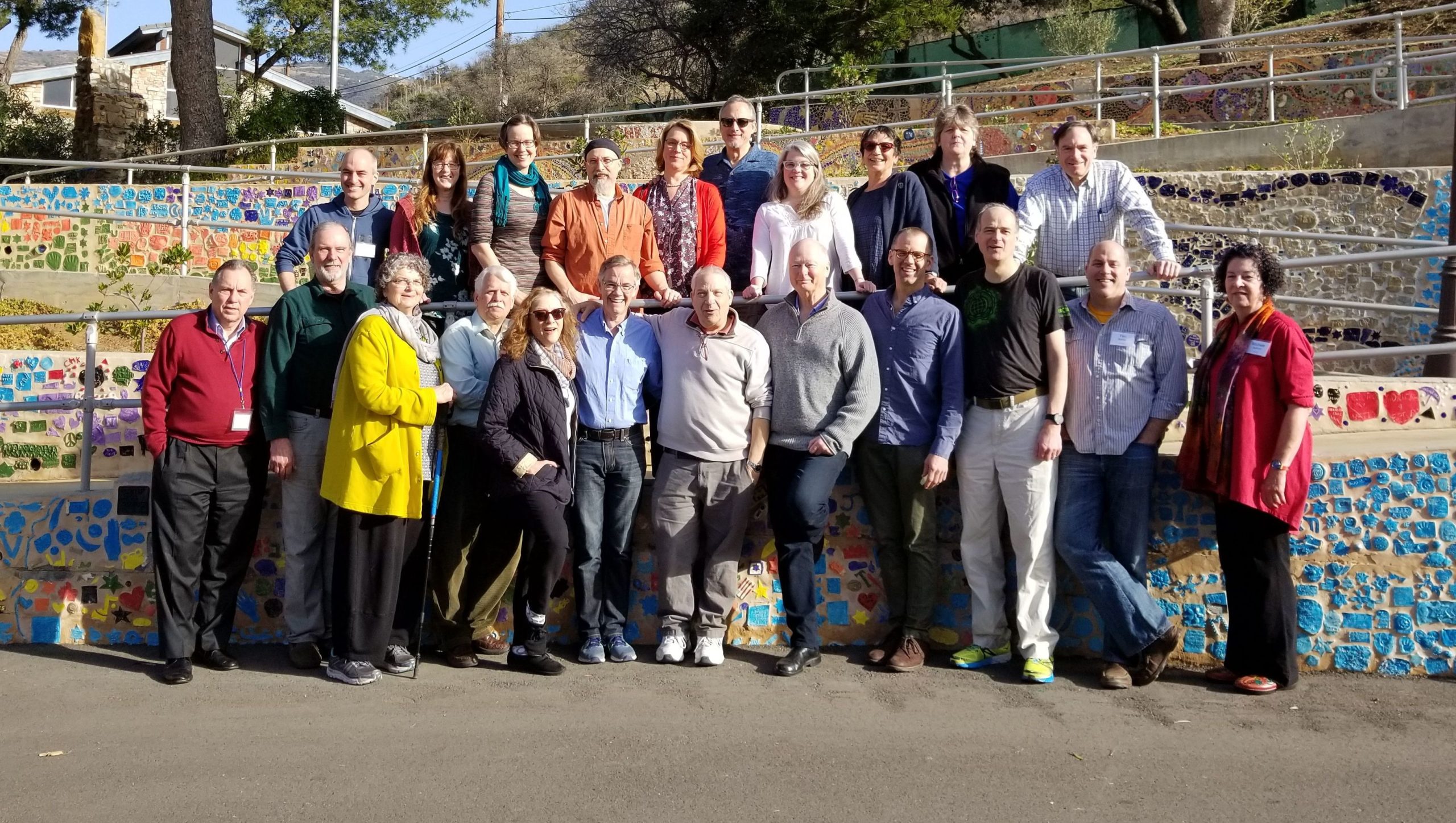
Read More

Read More

Read More

Read More

Read More

Read More

Read More

Read More
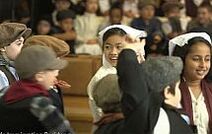
Read More

Read More

Read More

Read More

Read More

Read More
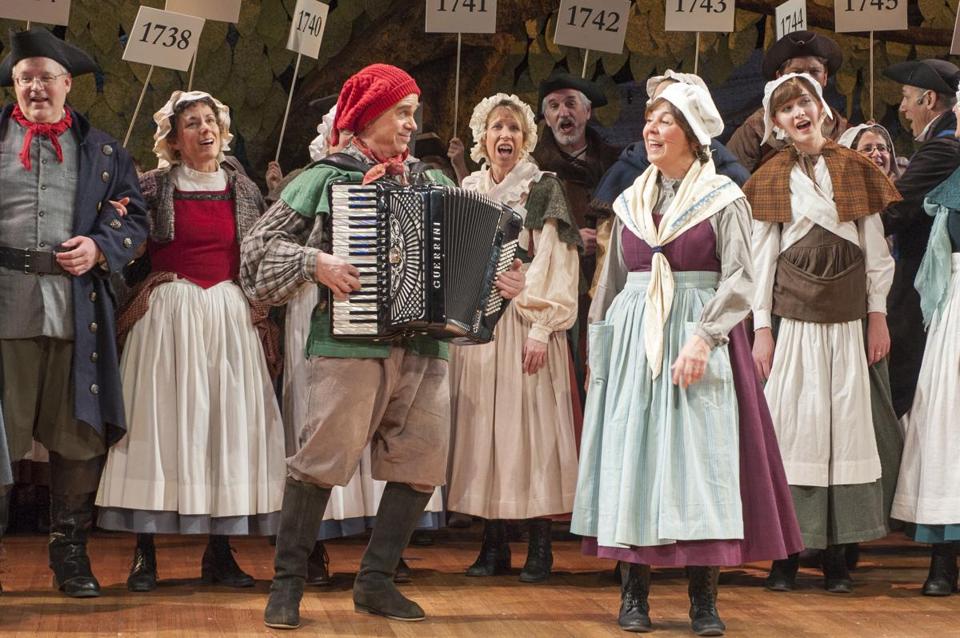
Read More

Read More

Read More

Read More

Read More
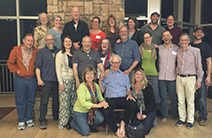
Read More

Read More
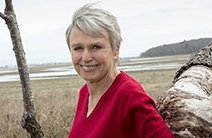
Read More
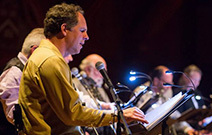
Read More
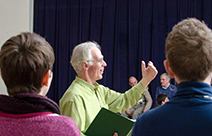
Read More

Read More

Read More
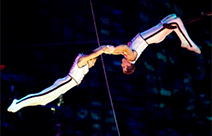
Read More

Read More
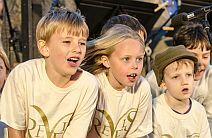
Read More
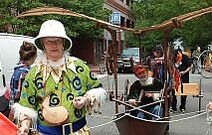
Read More

Read More

Read More
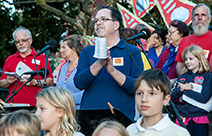
Read More
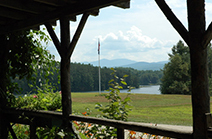
Read More

Read More

Read More

Read More

Read More
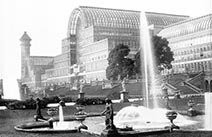
Read More

Read More
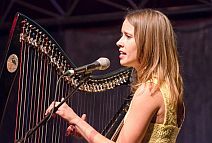
Read More
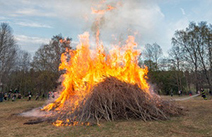
Read More

Read More
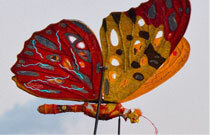
Read More
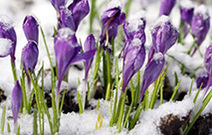
Read More

Read More

Read More
